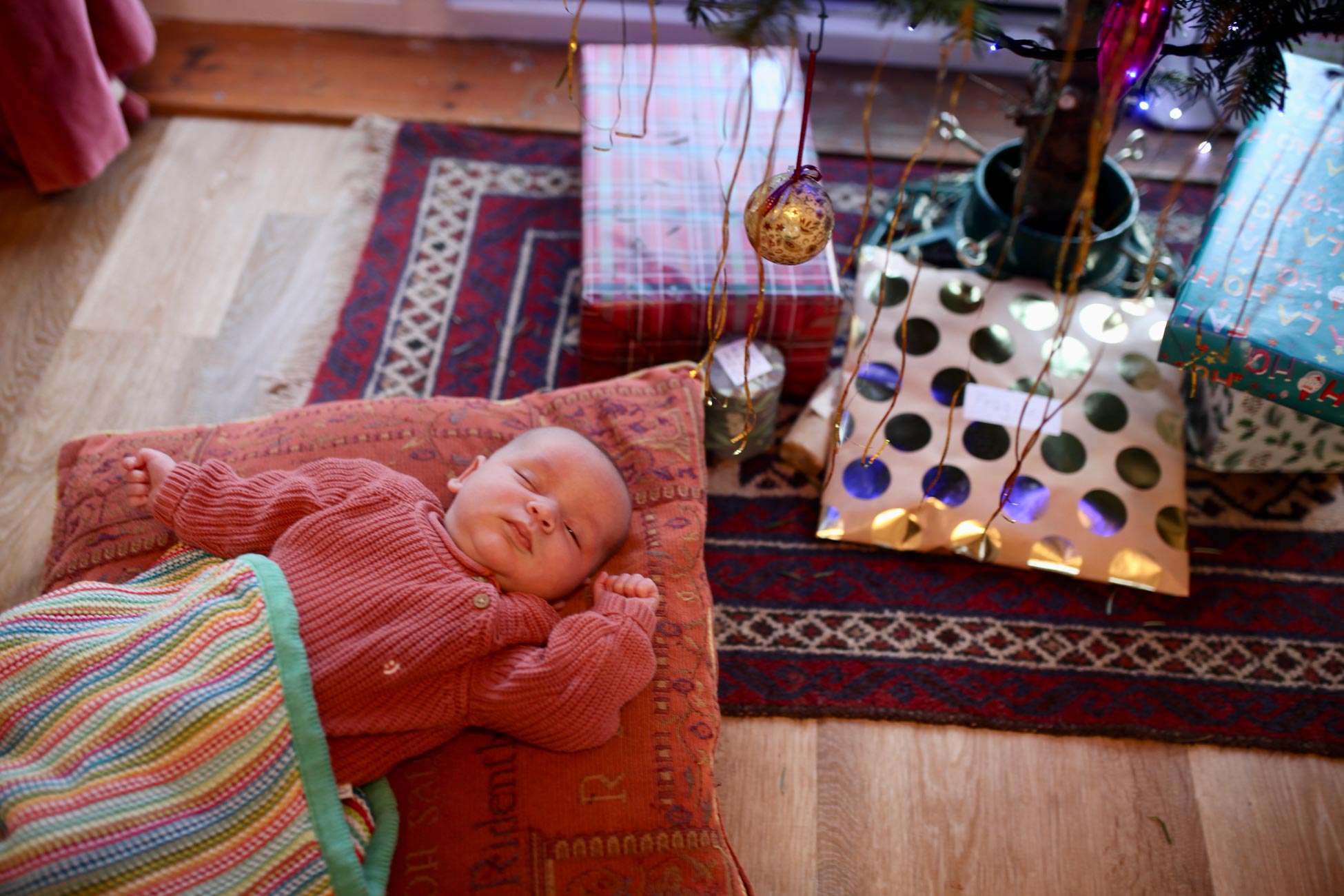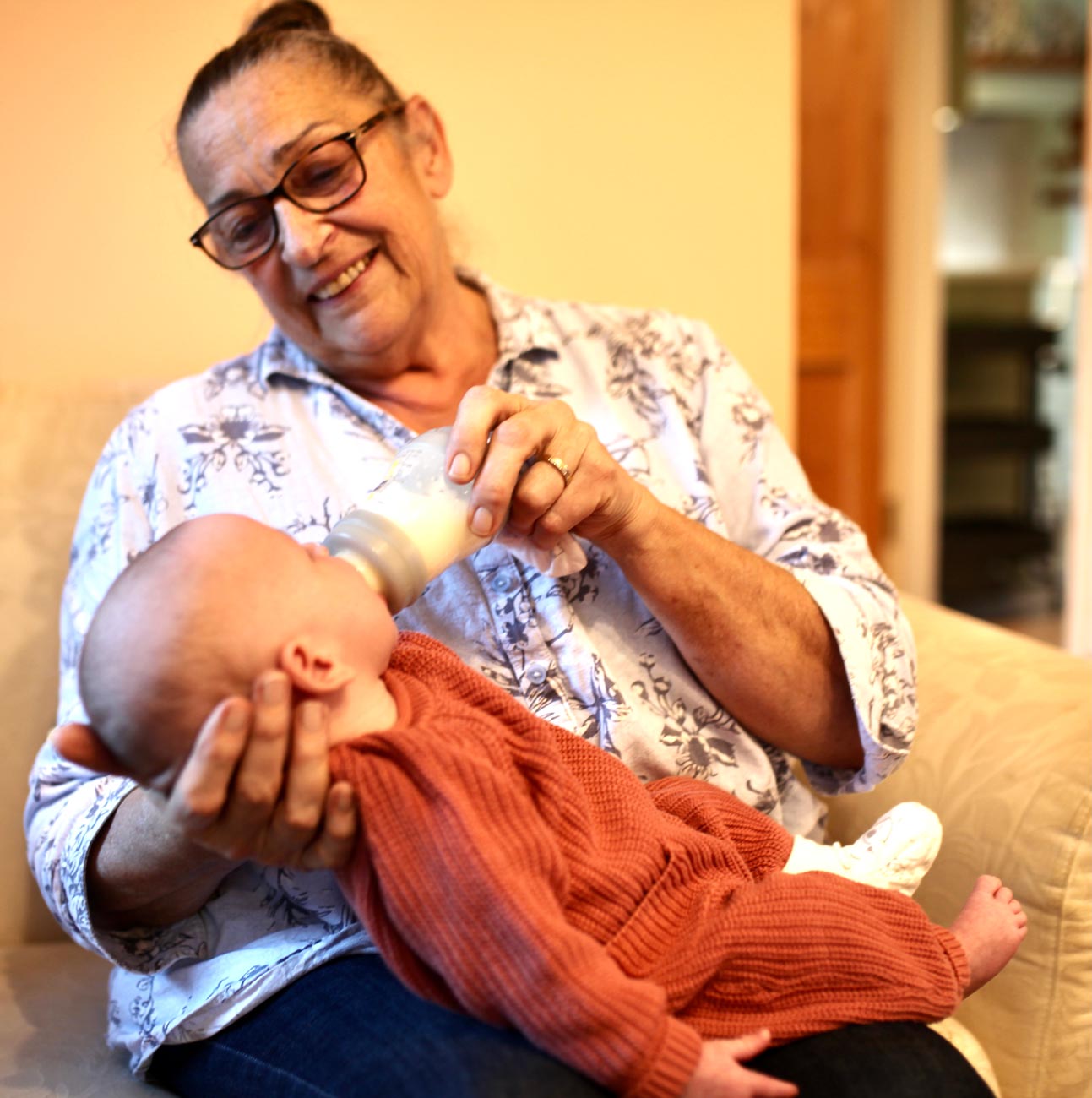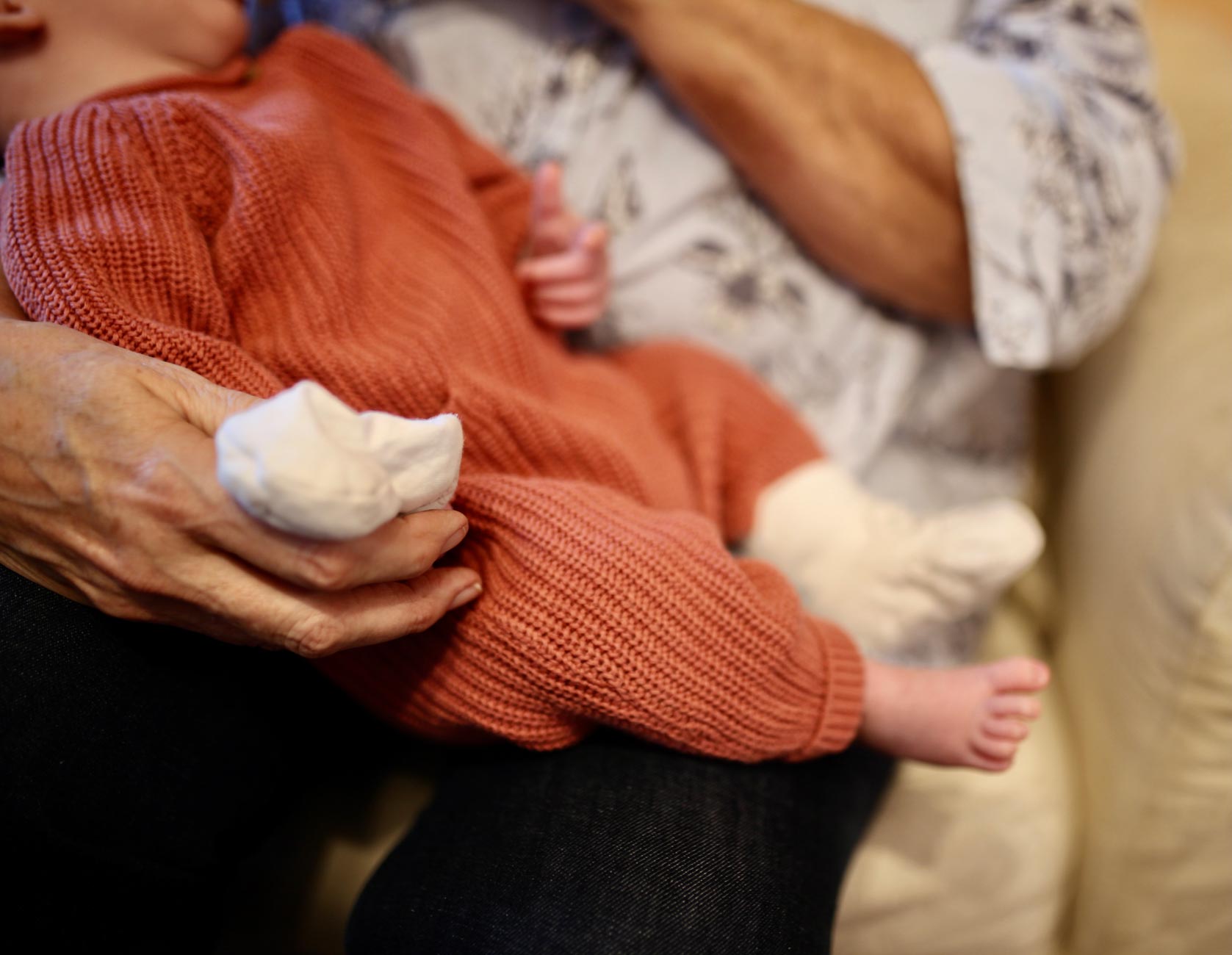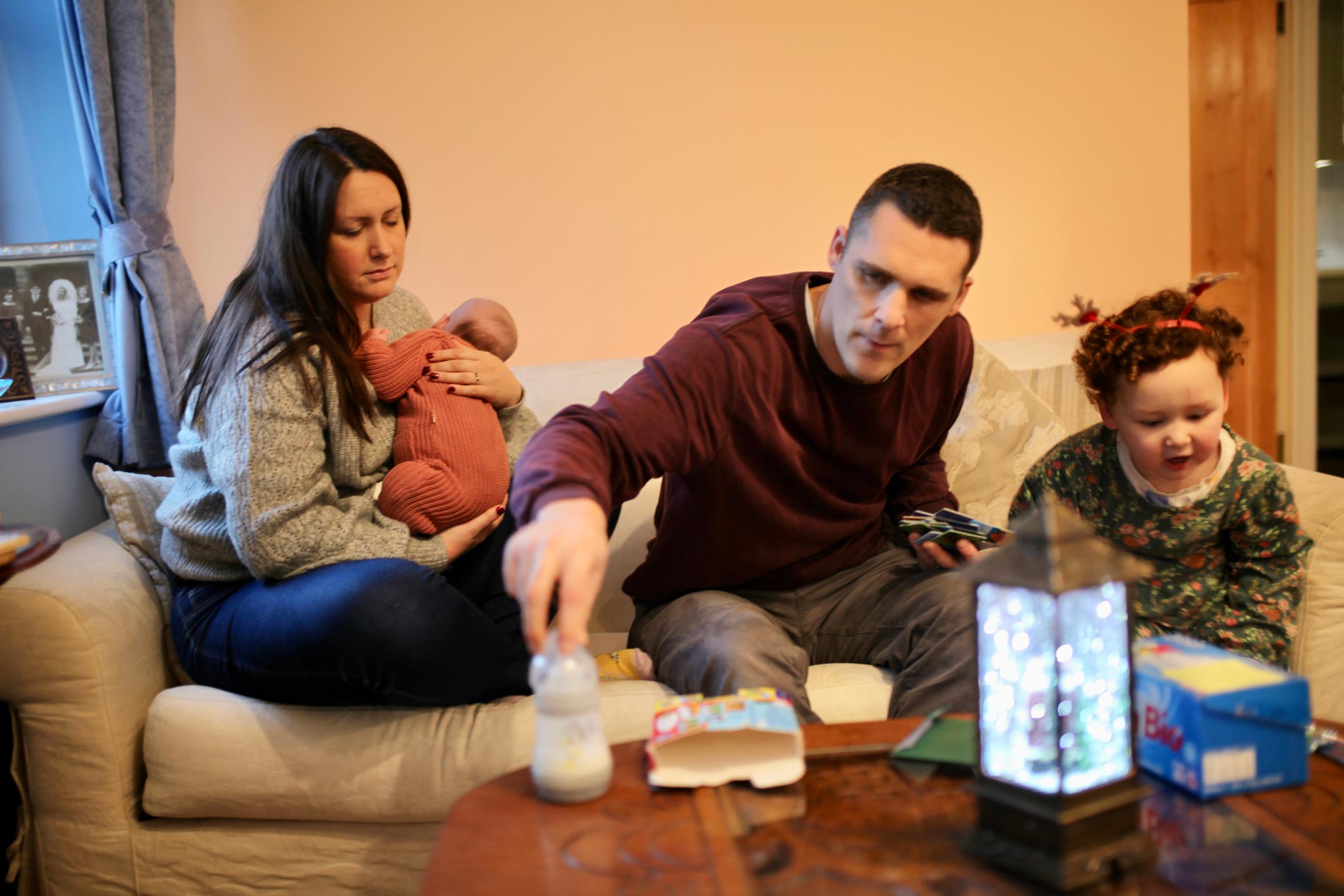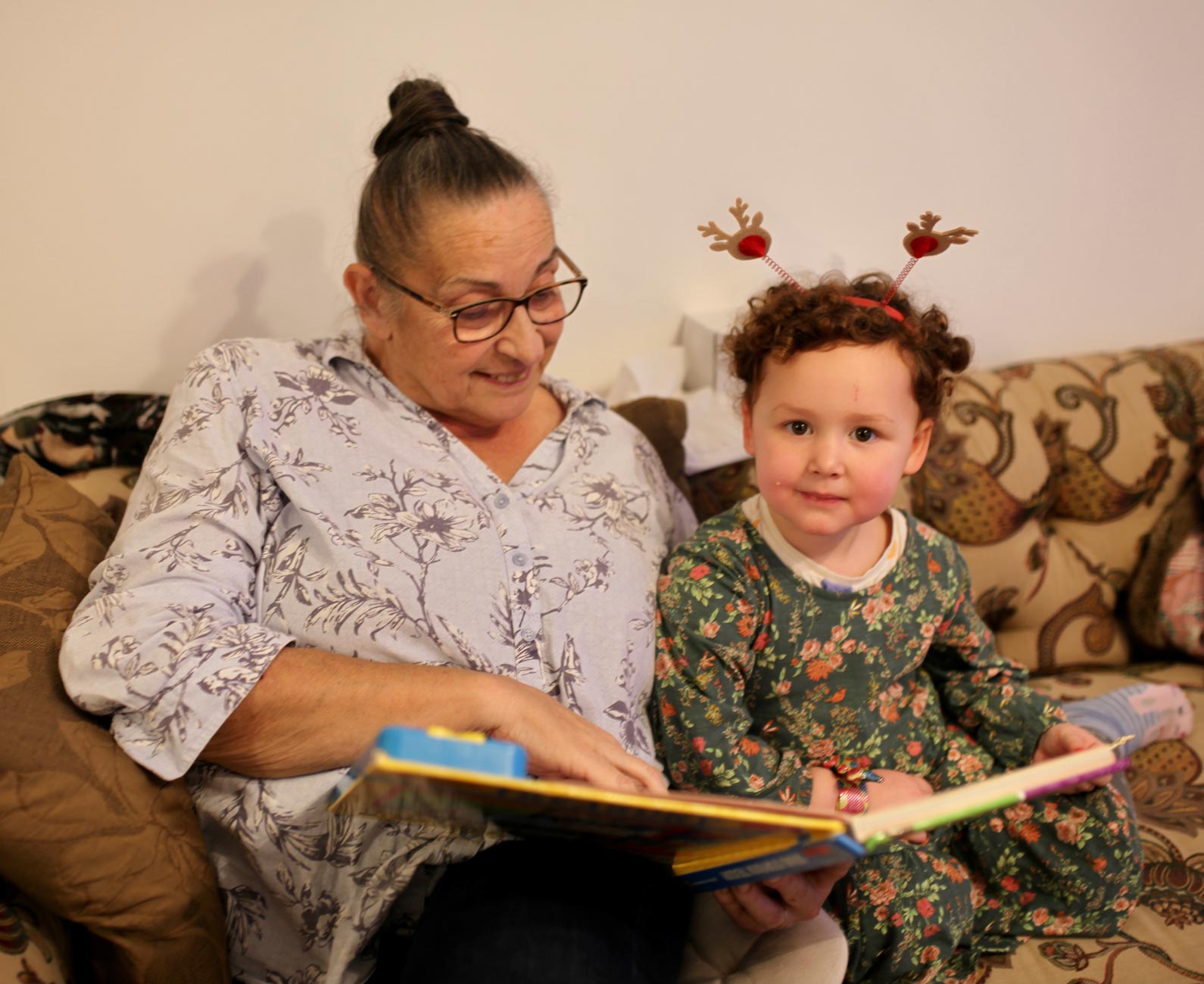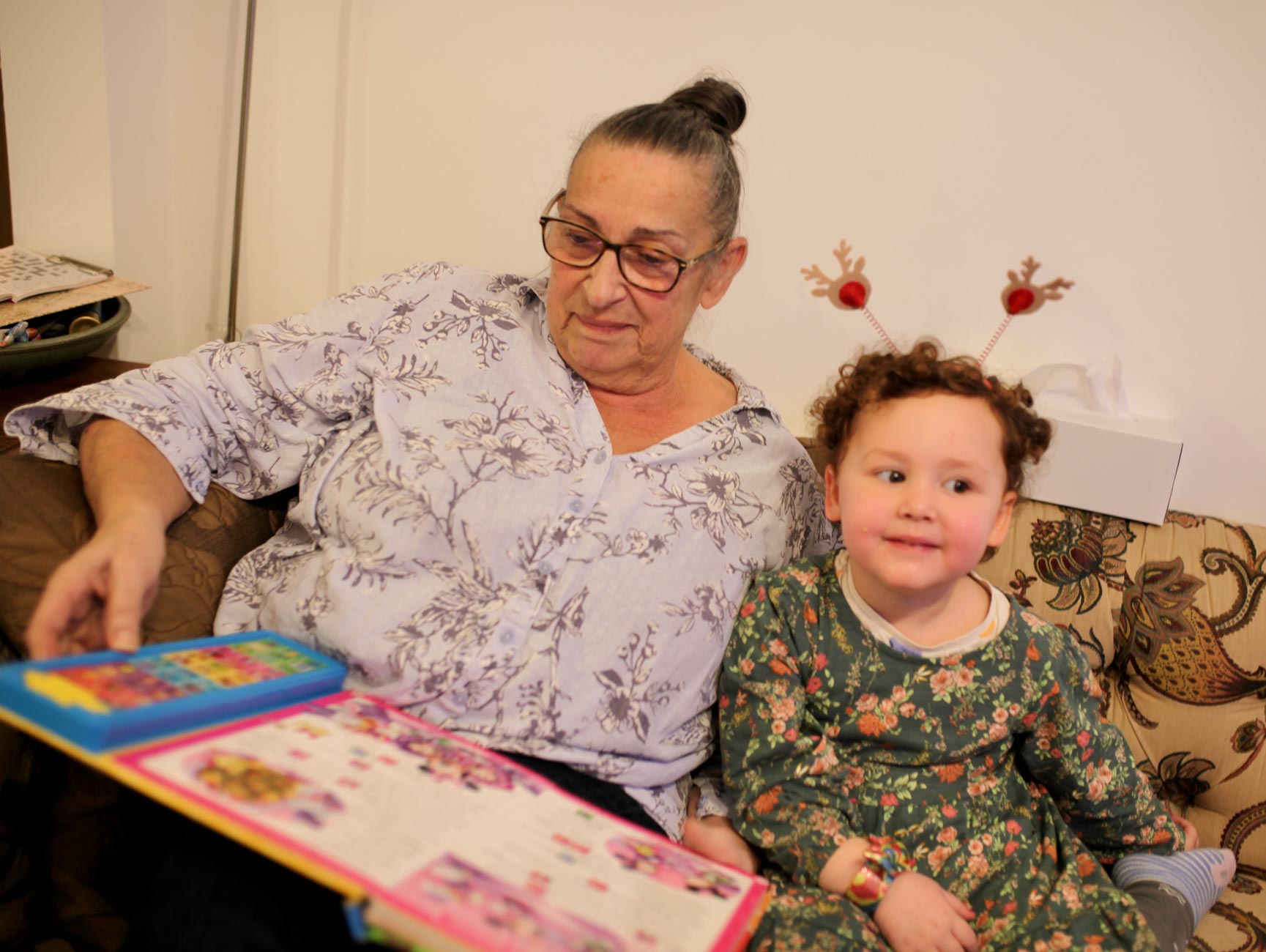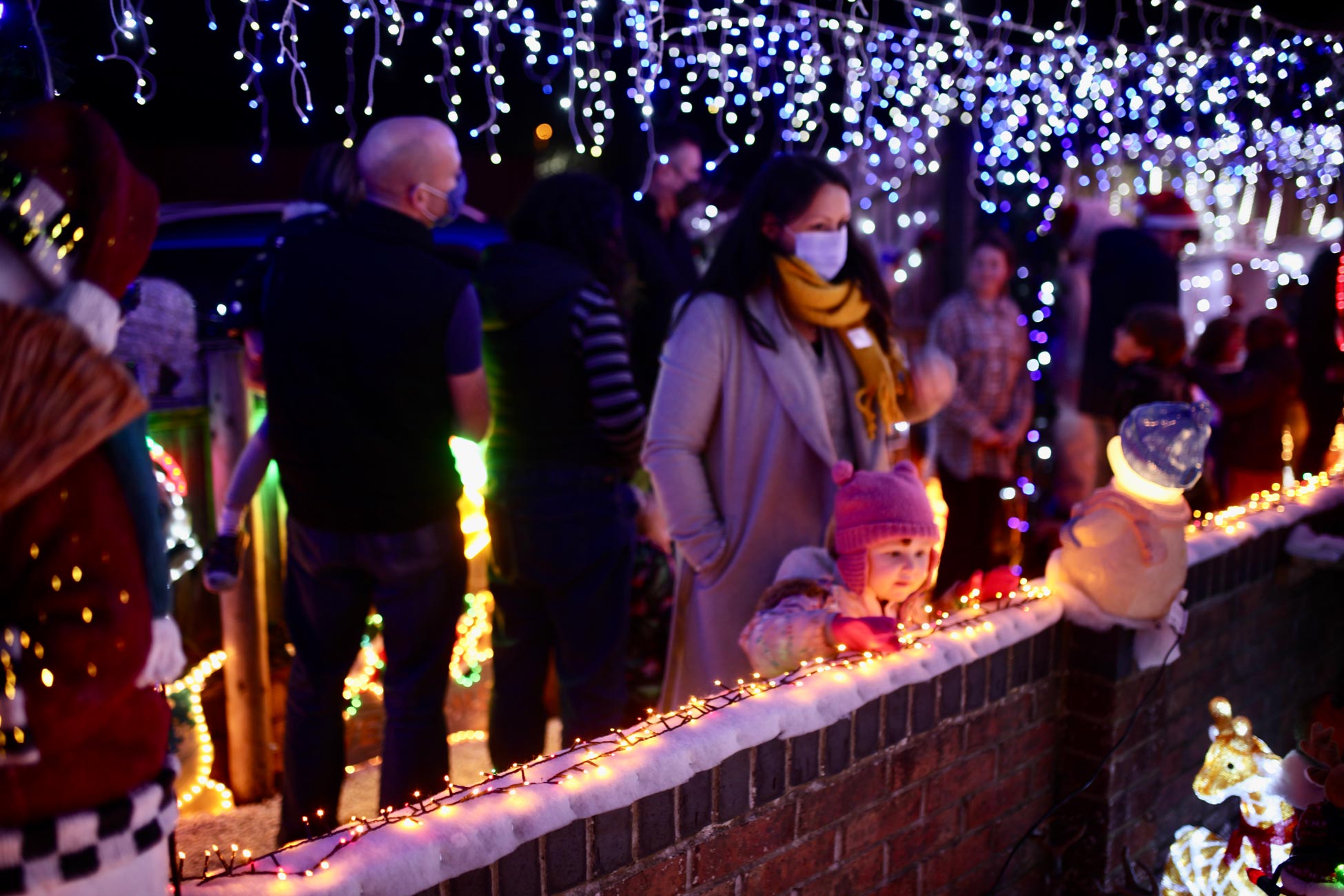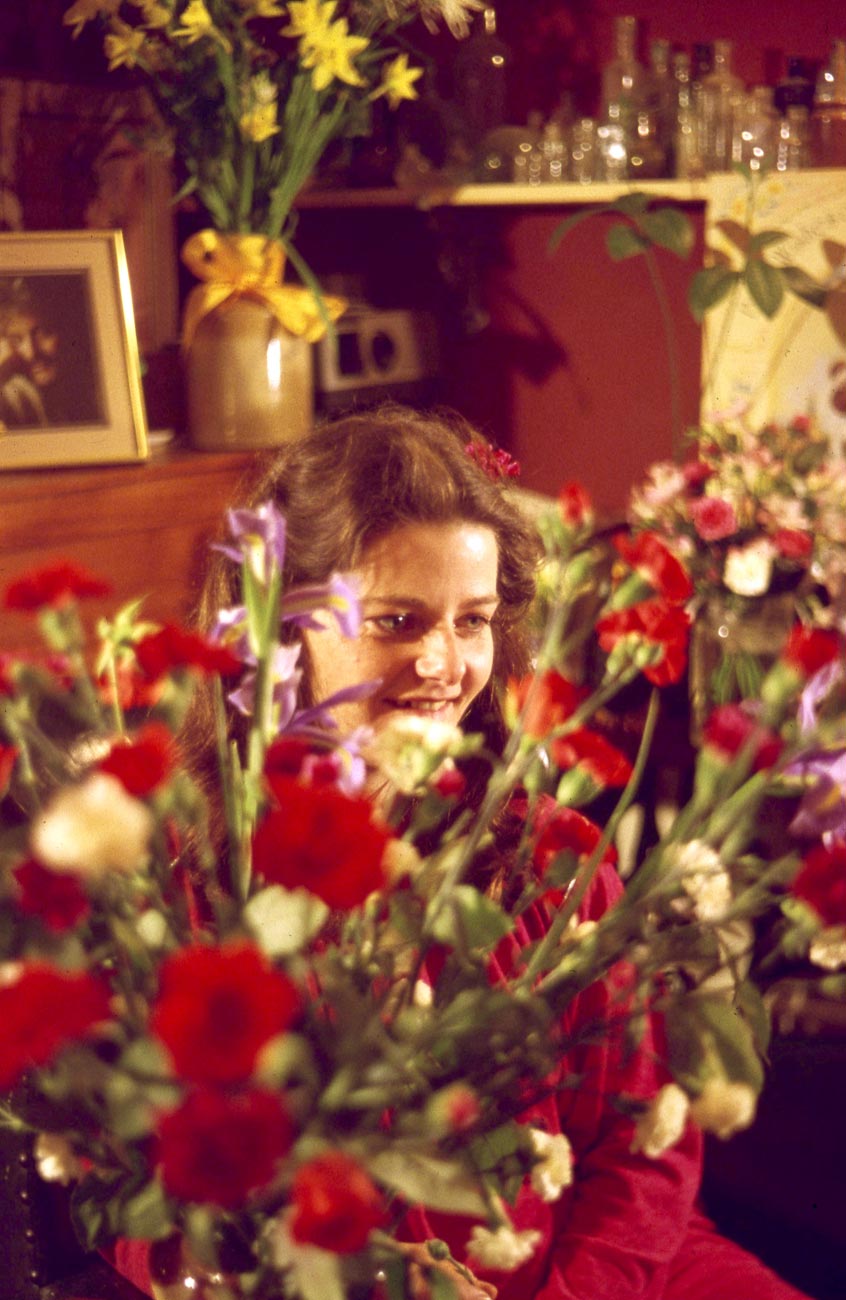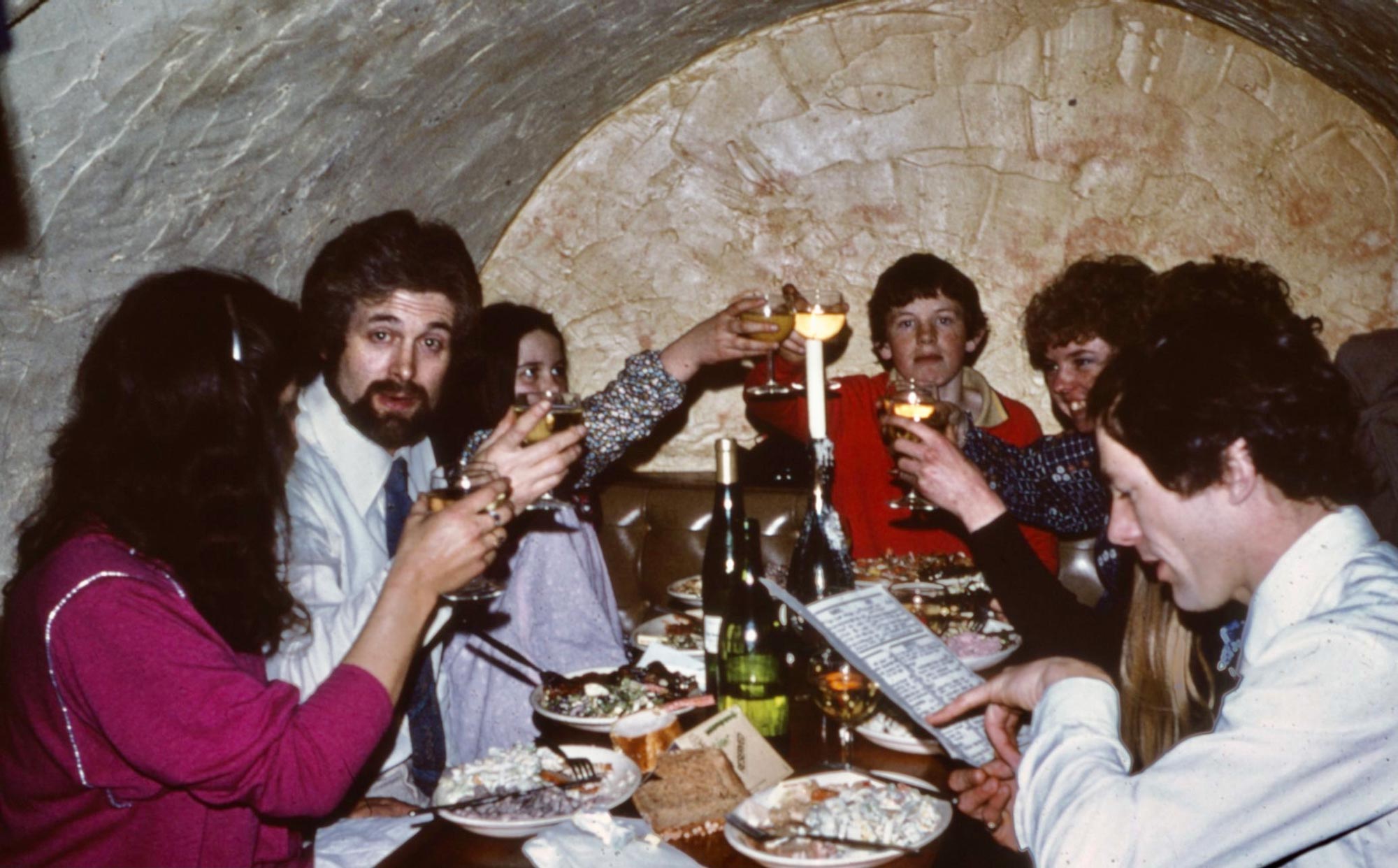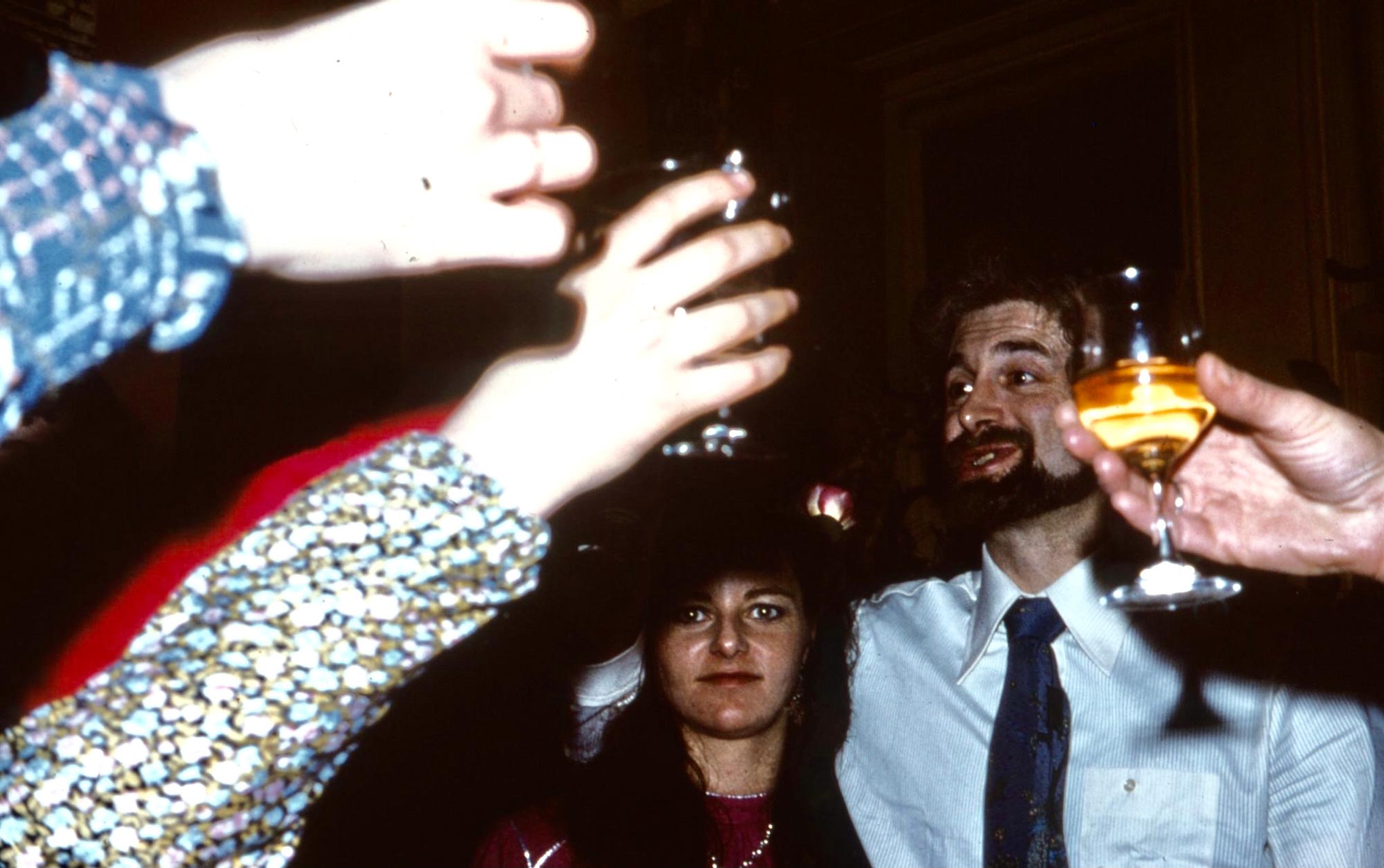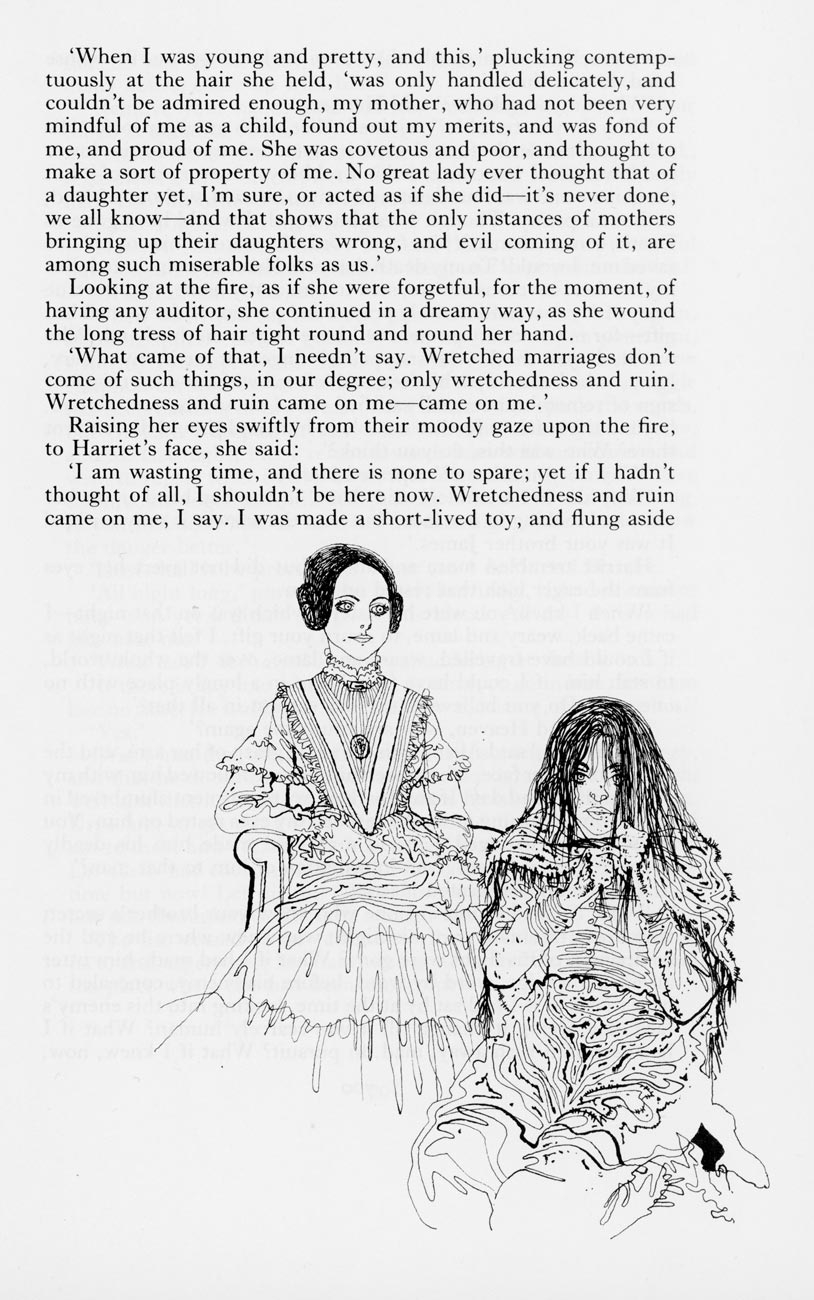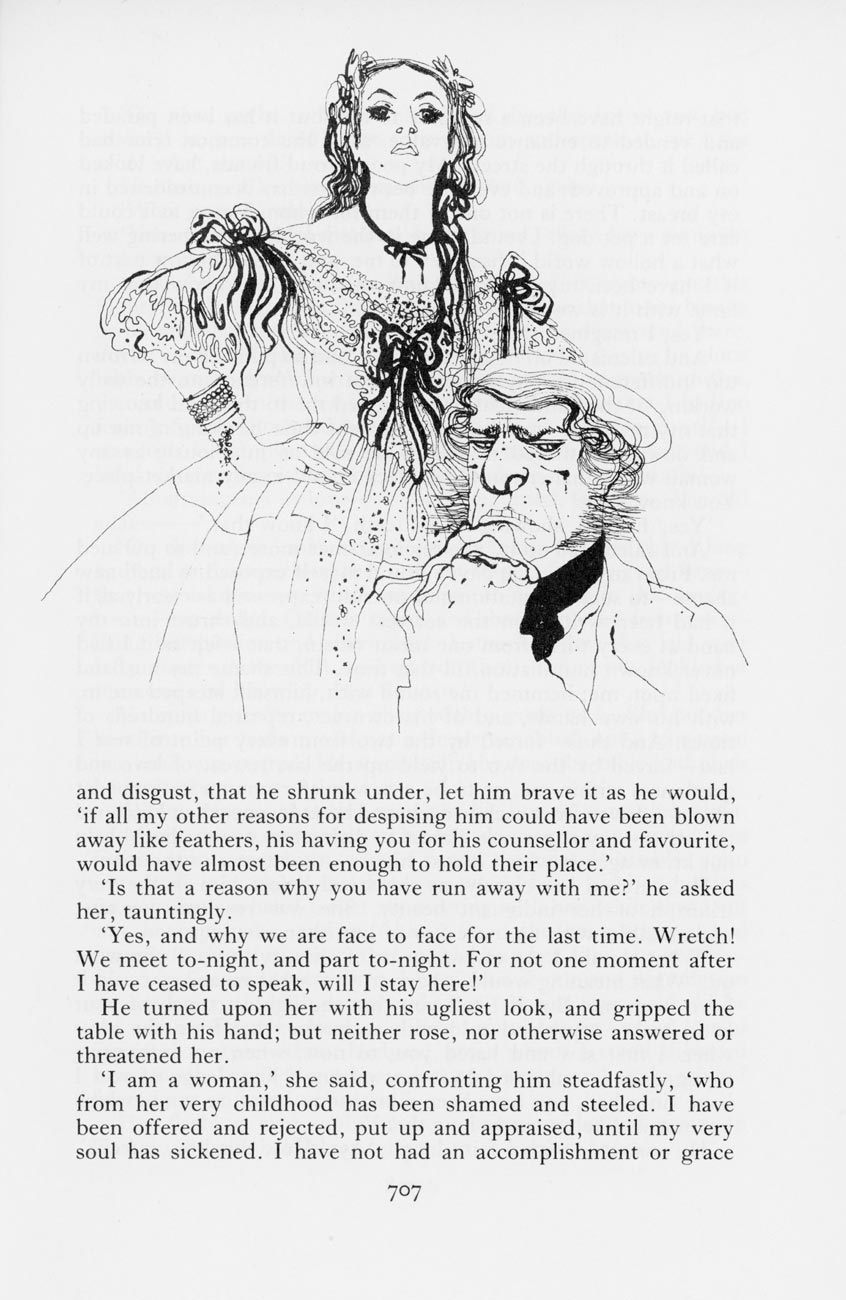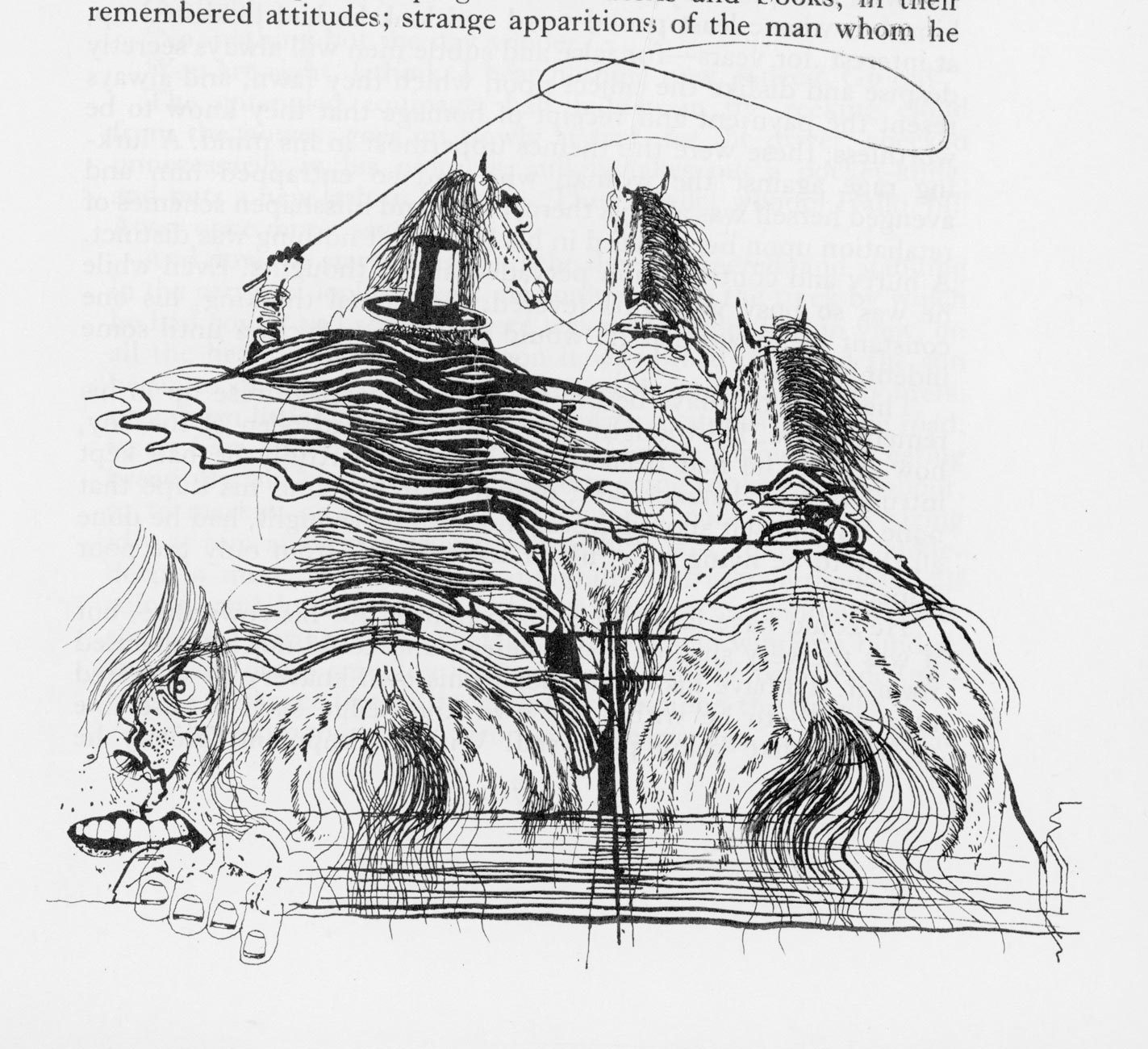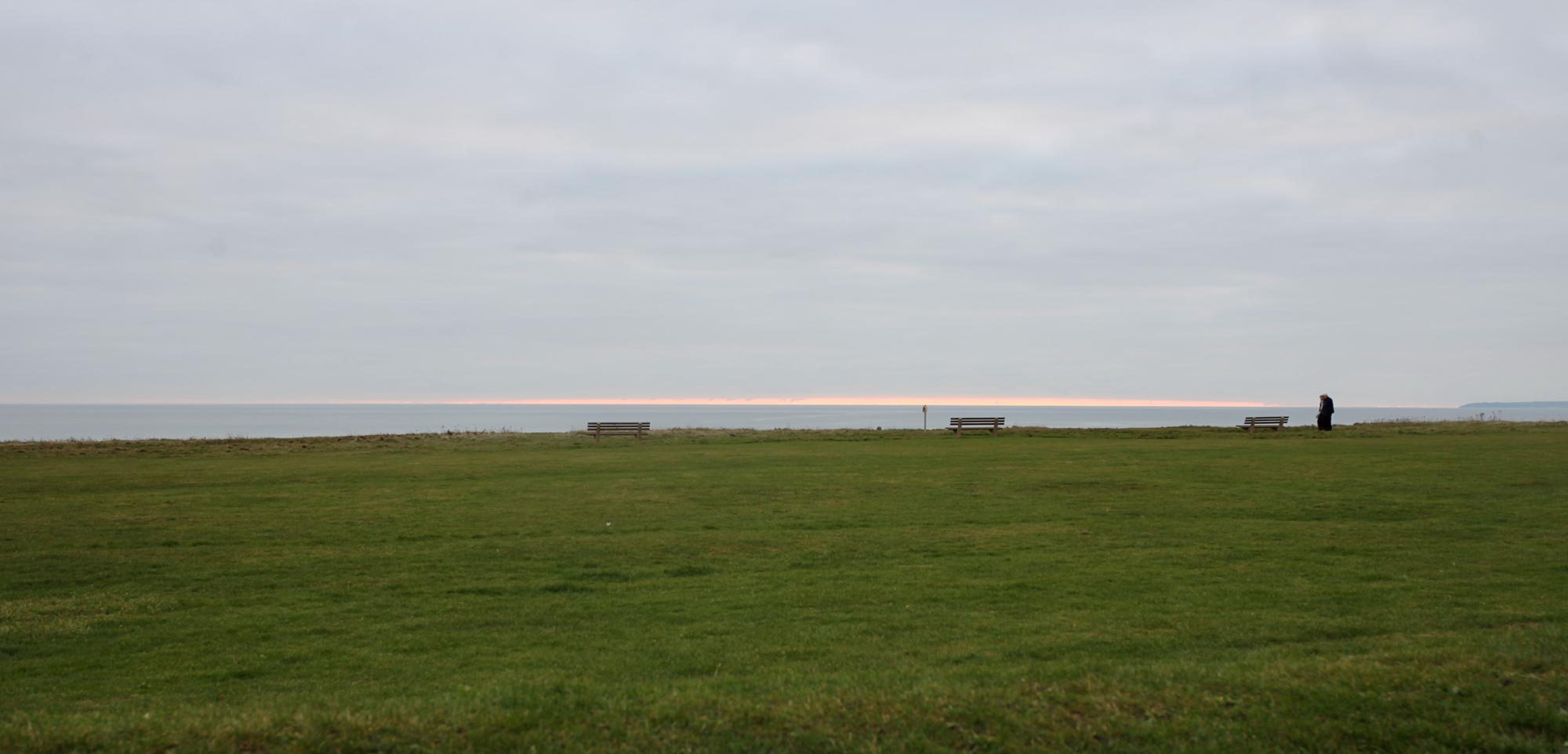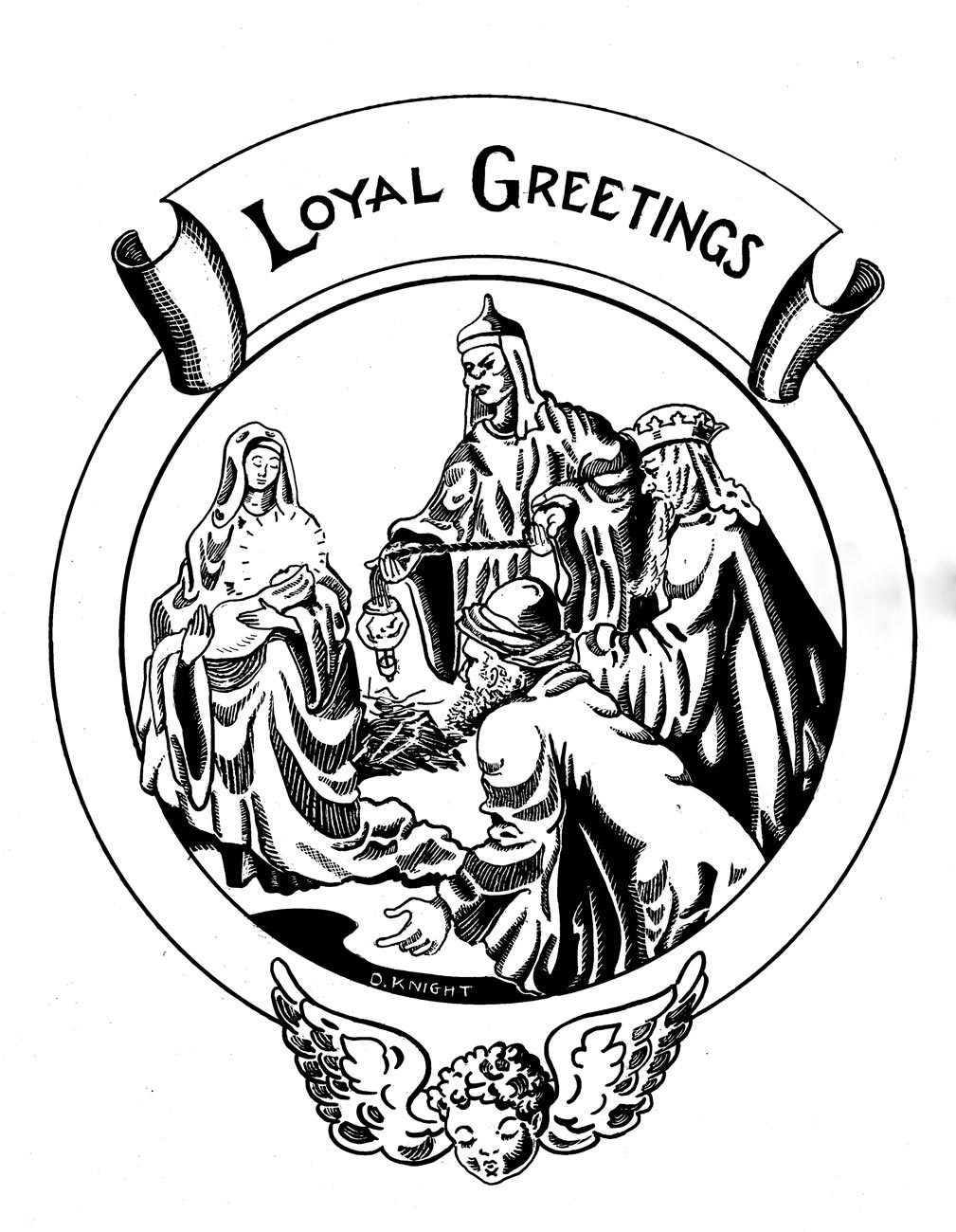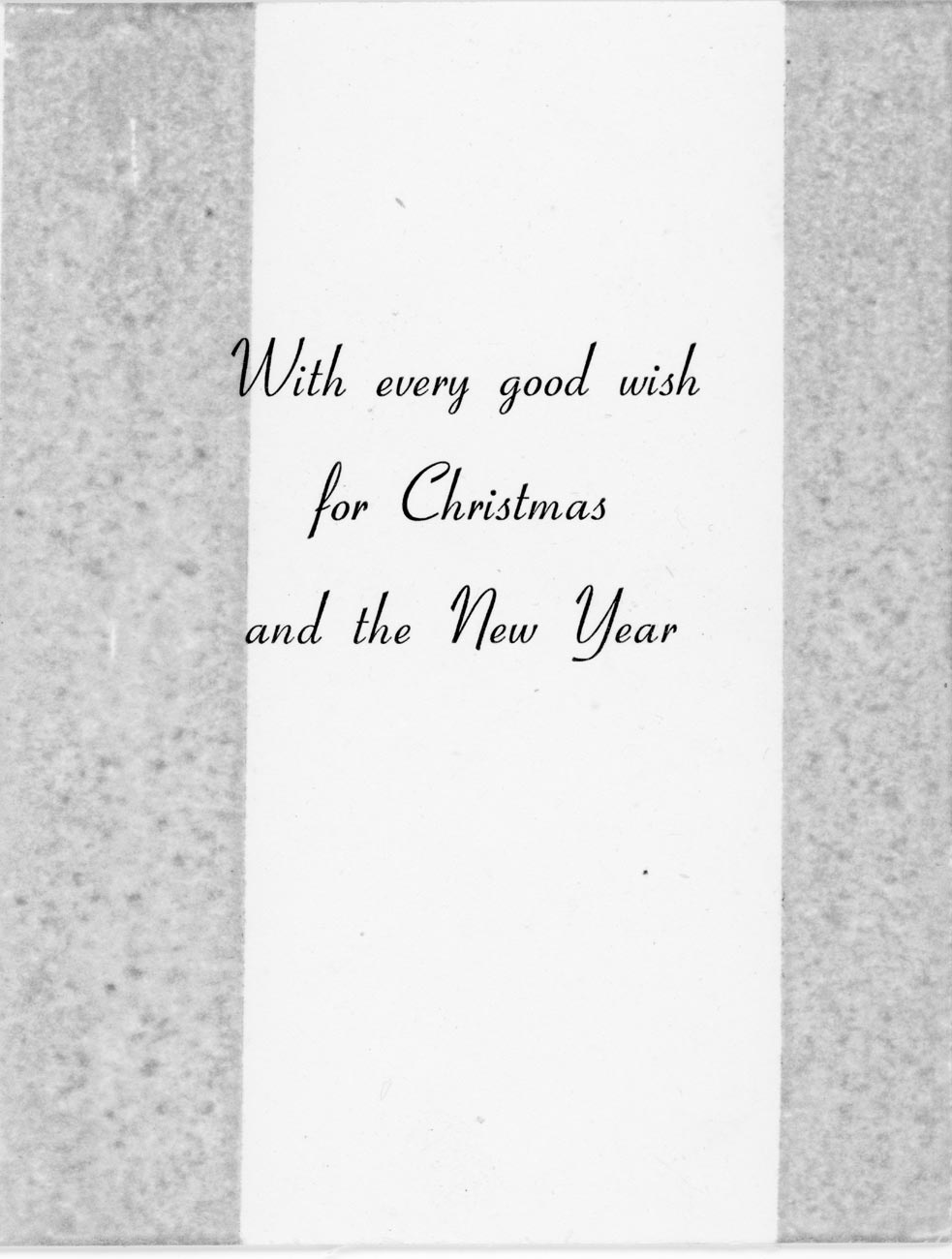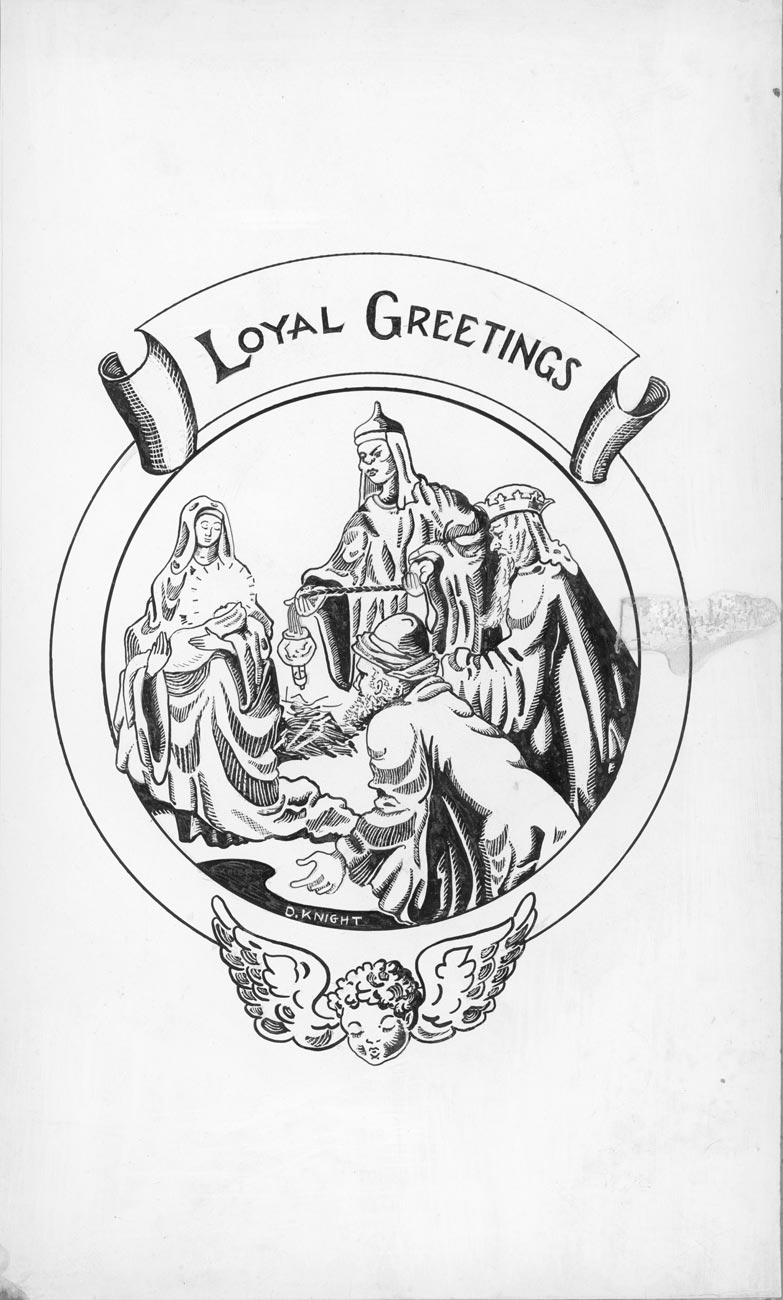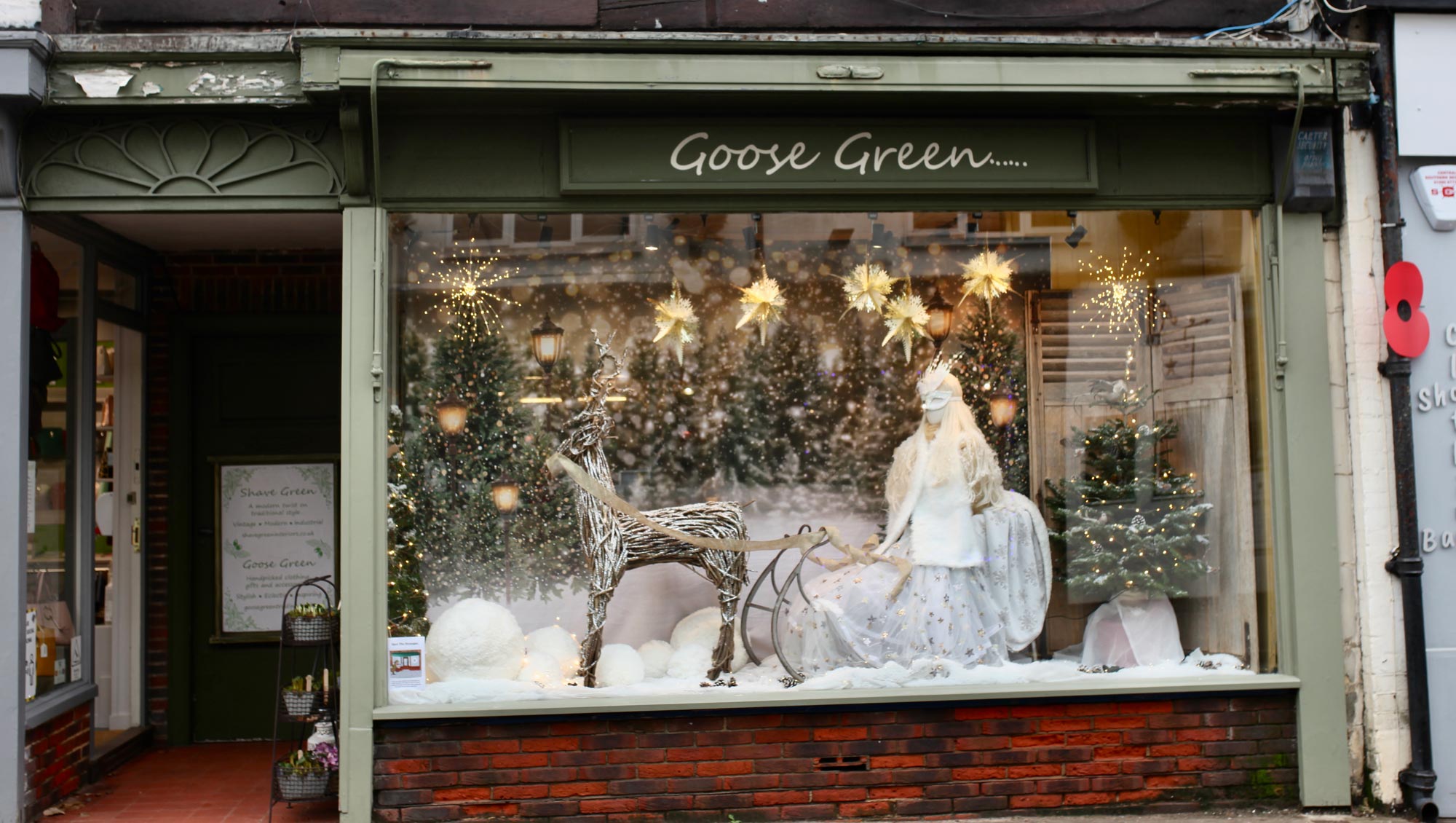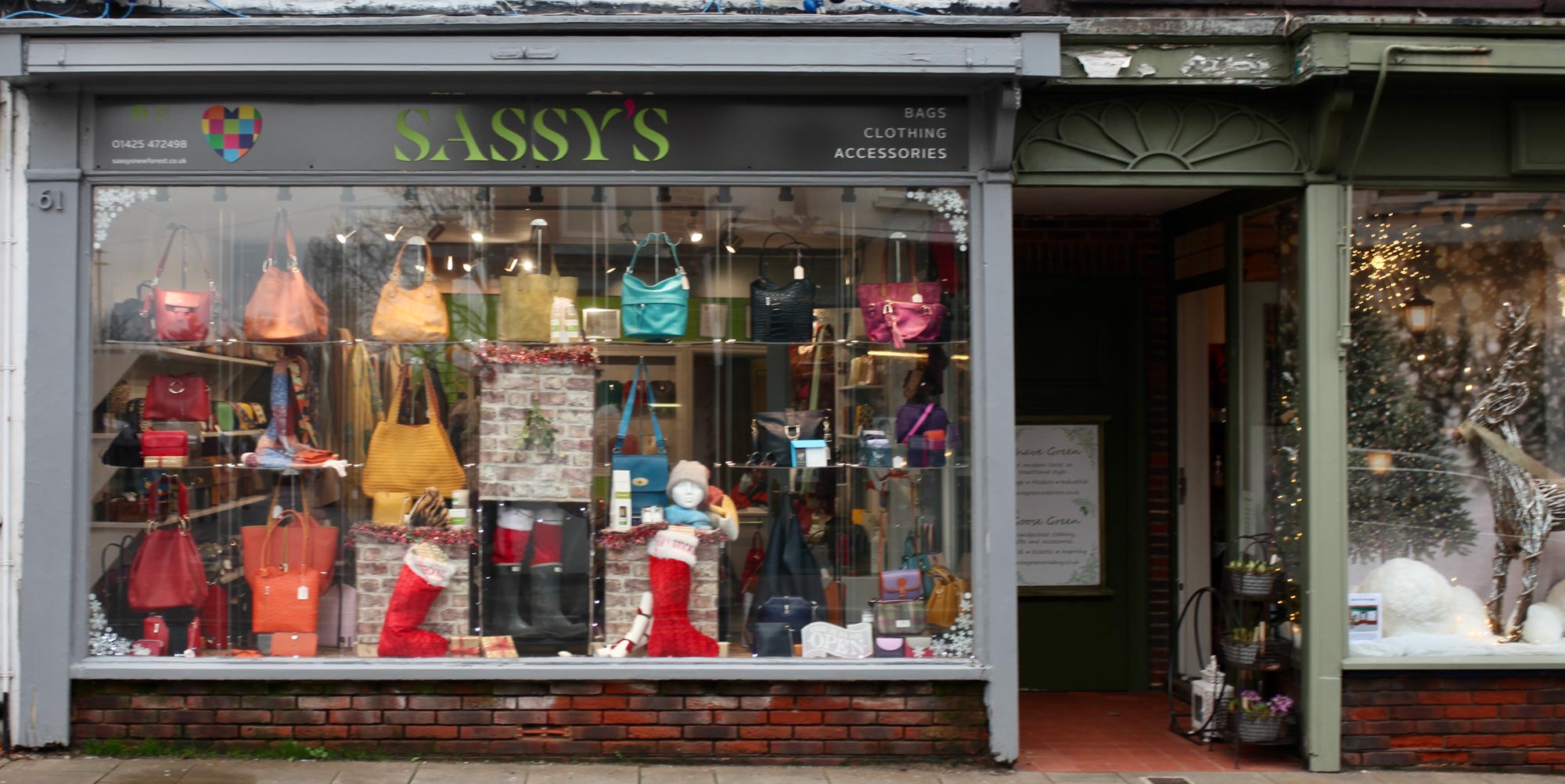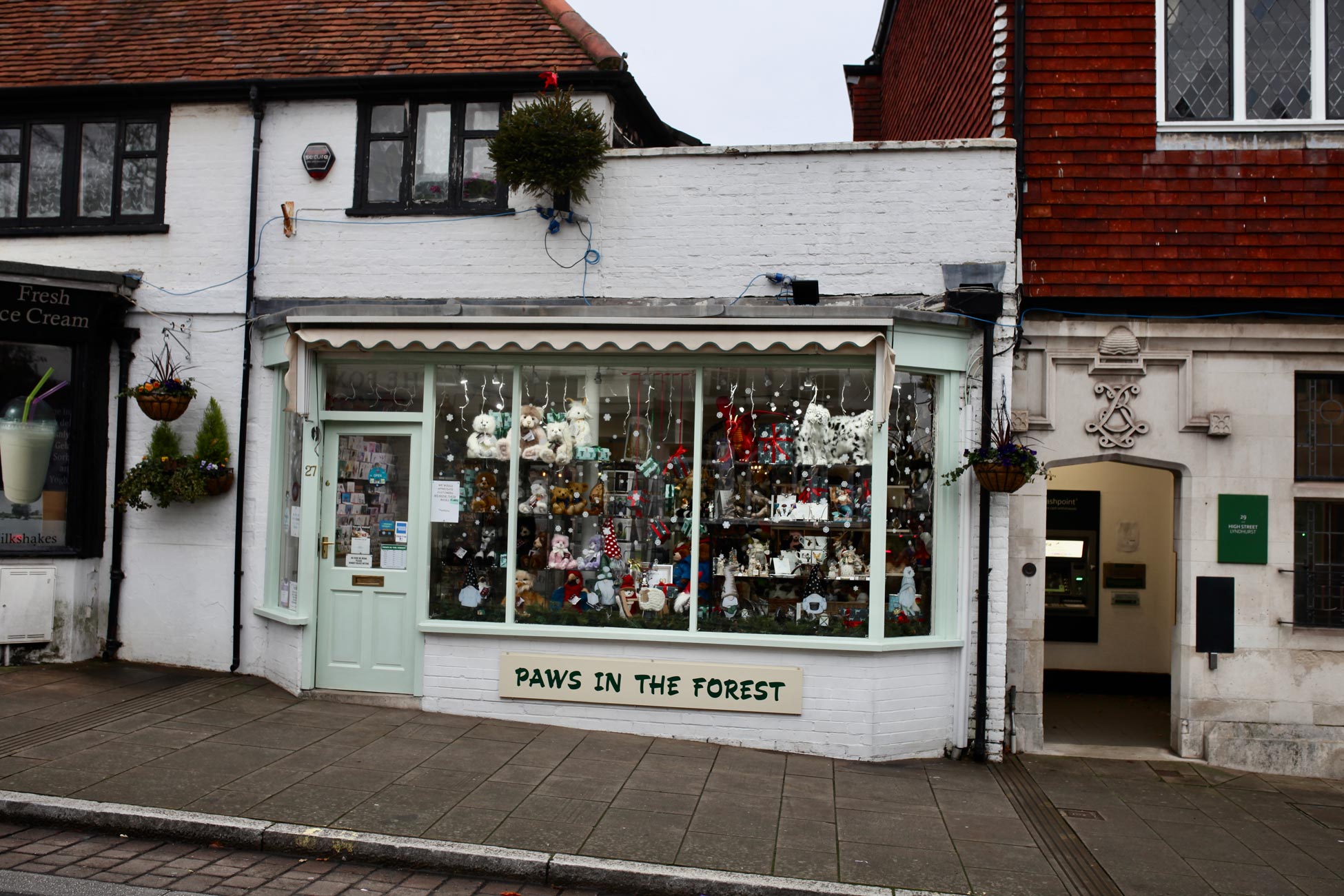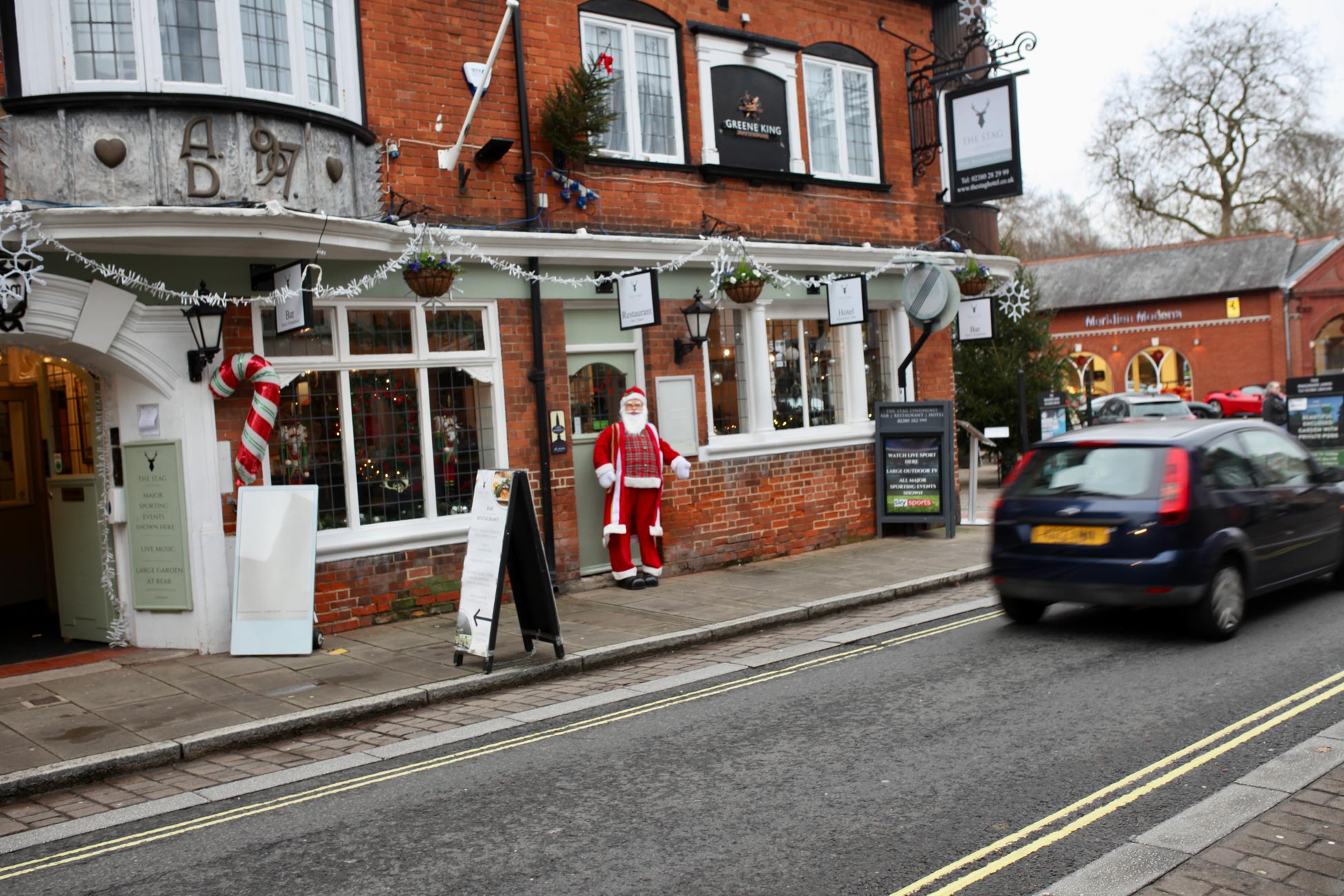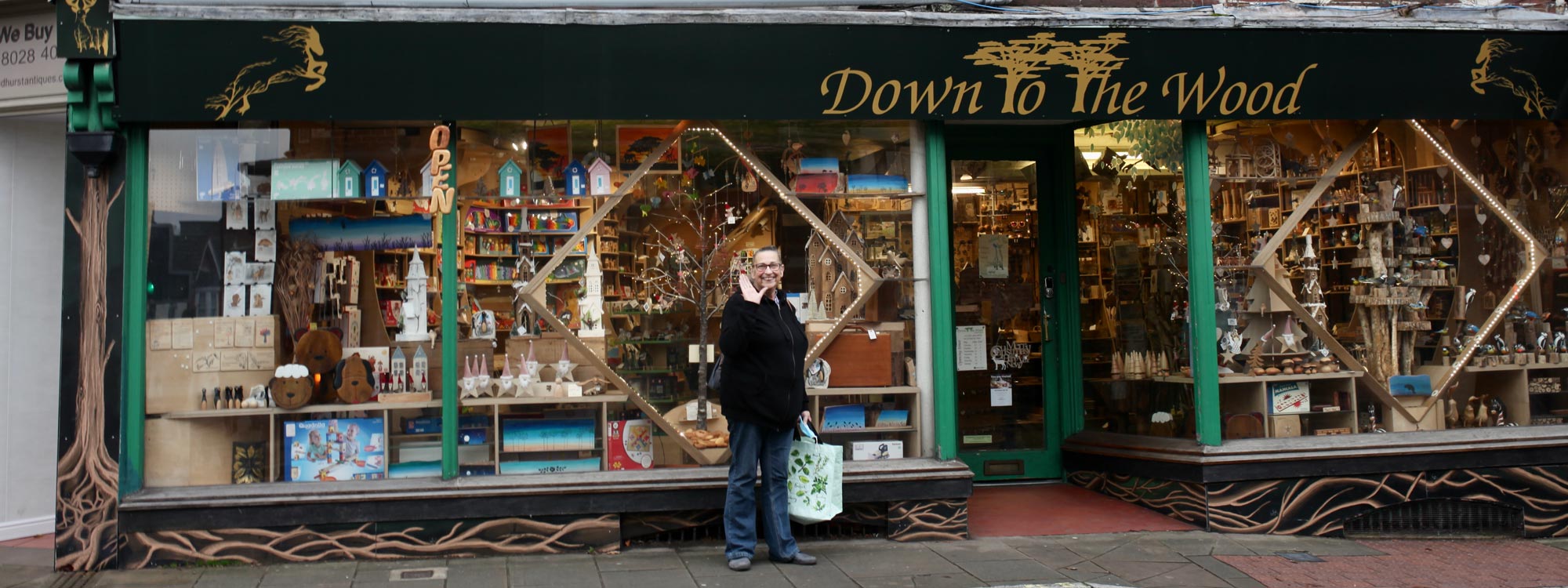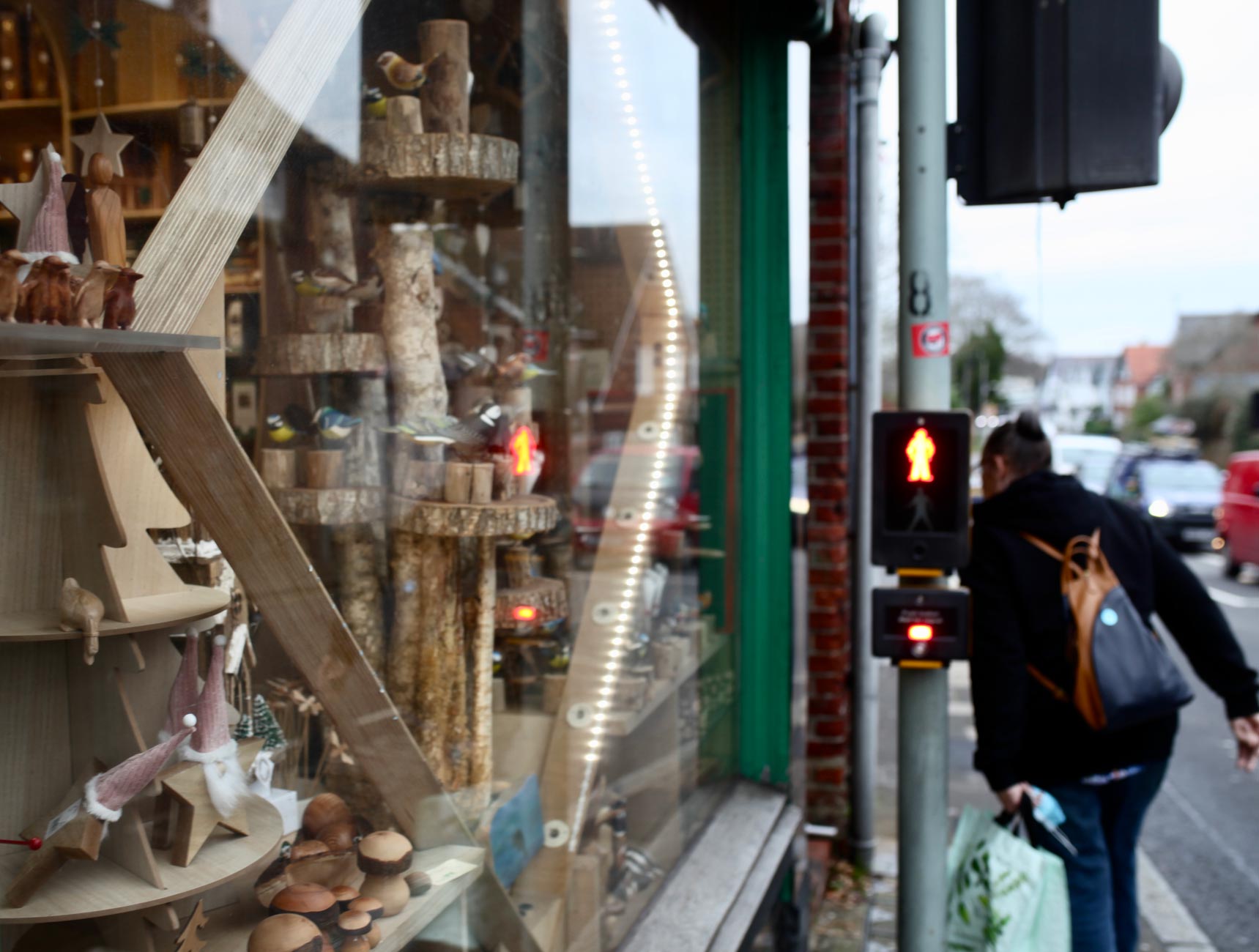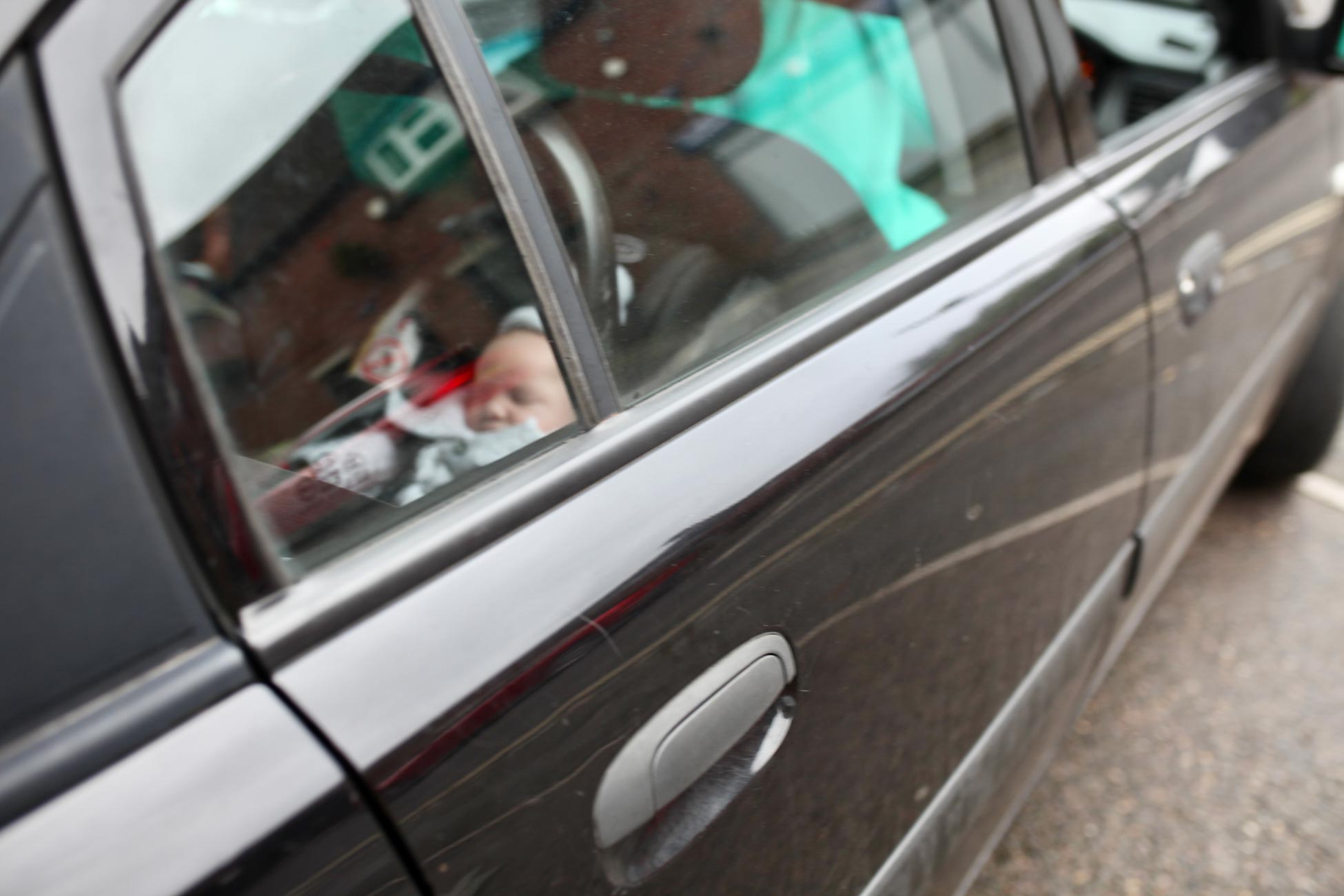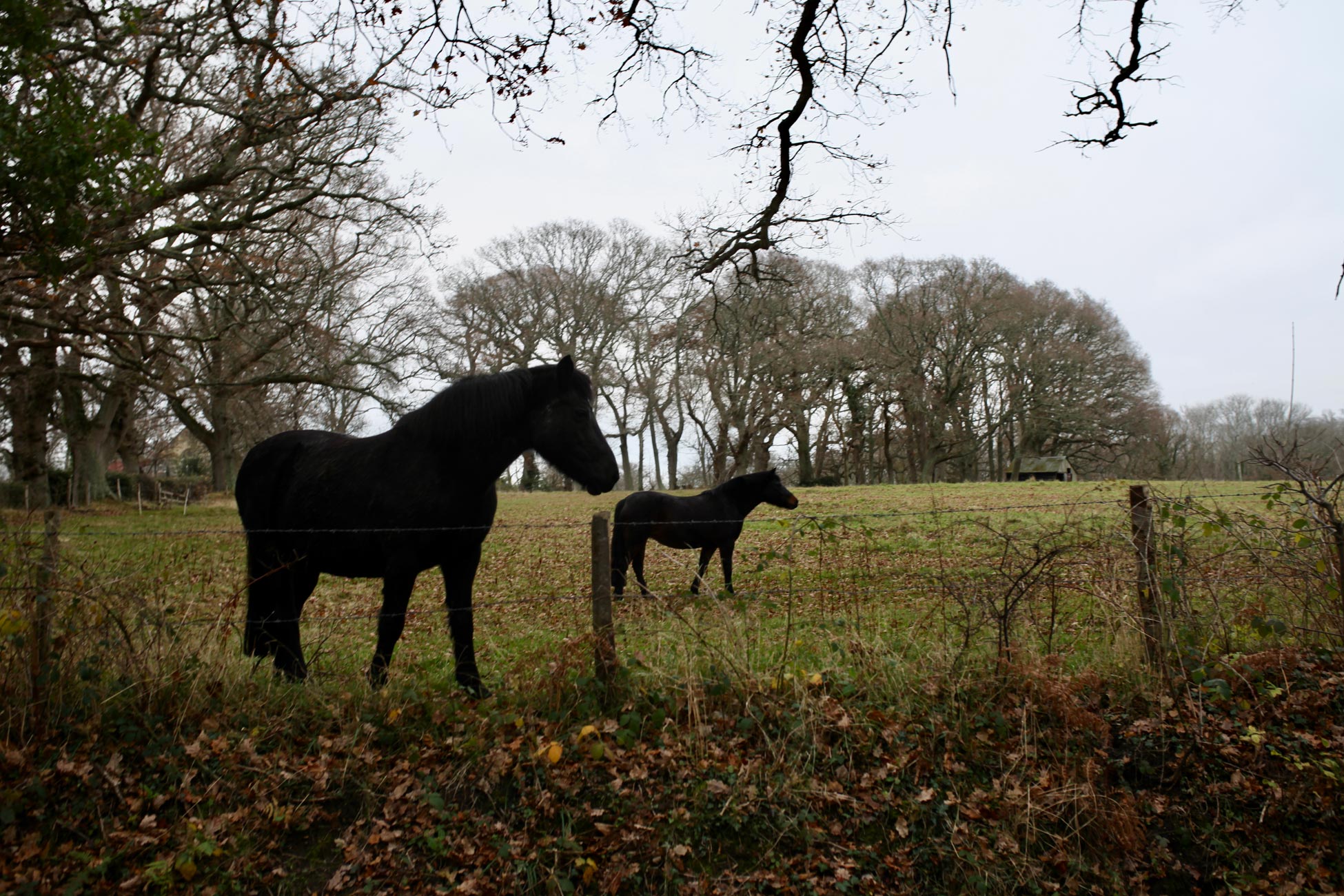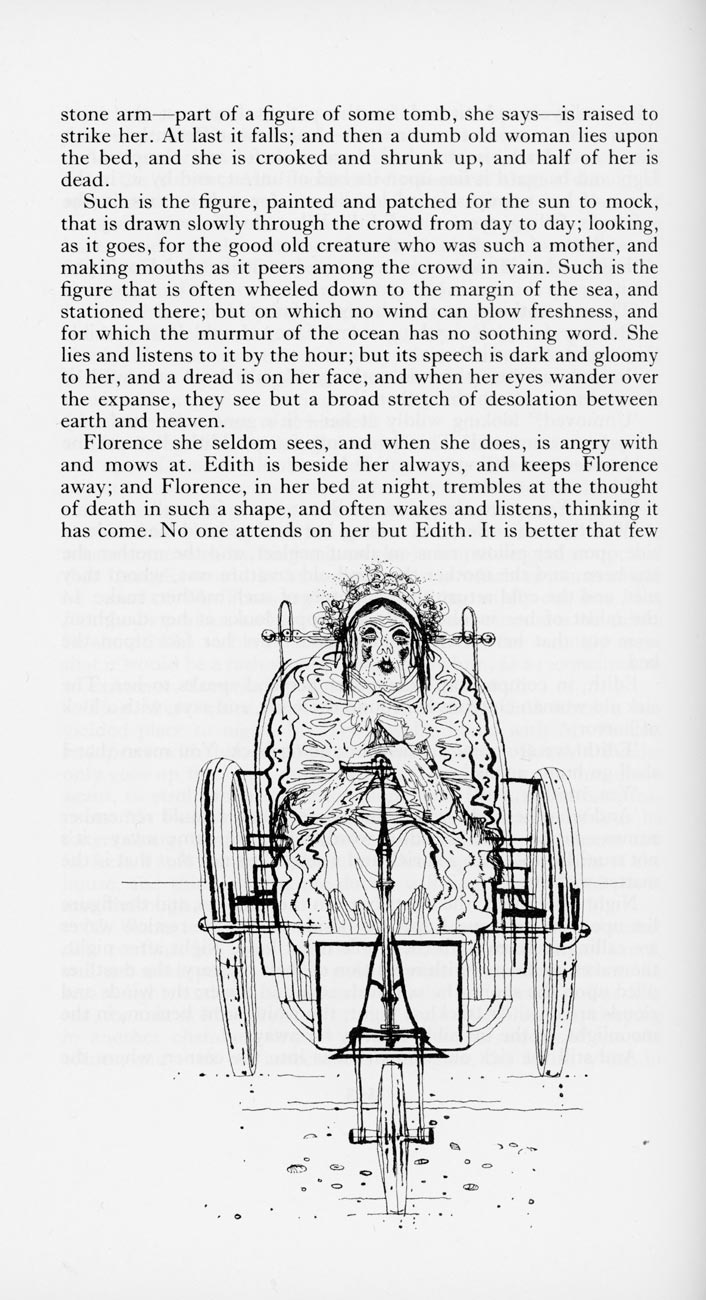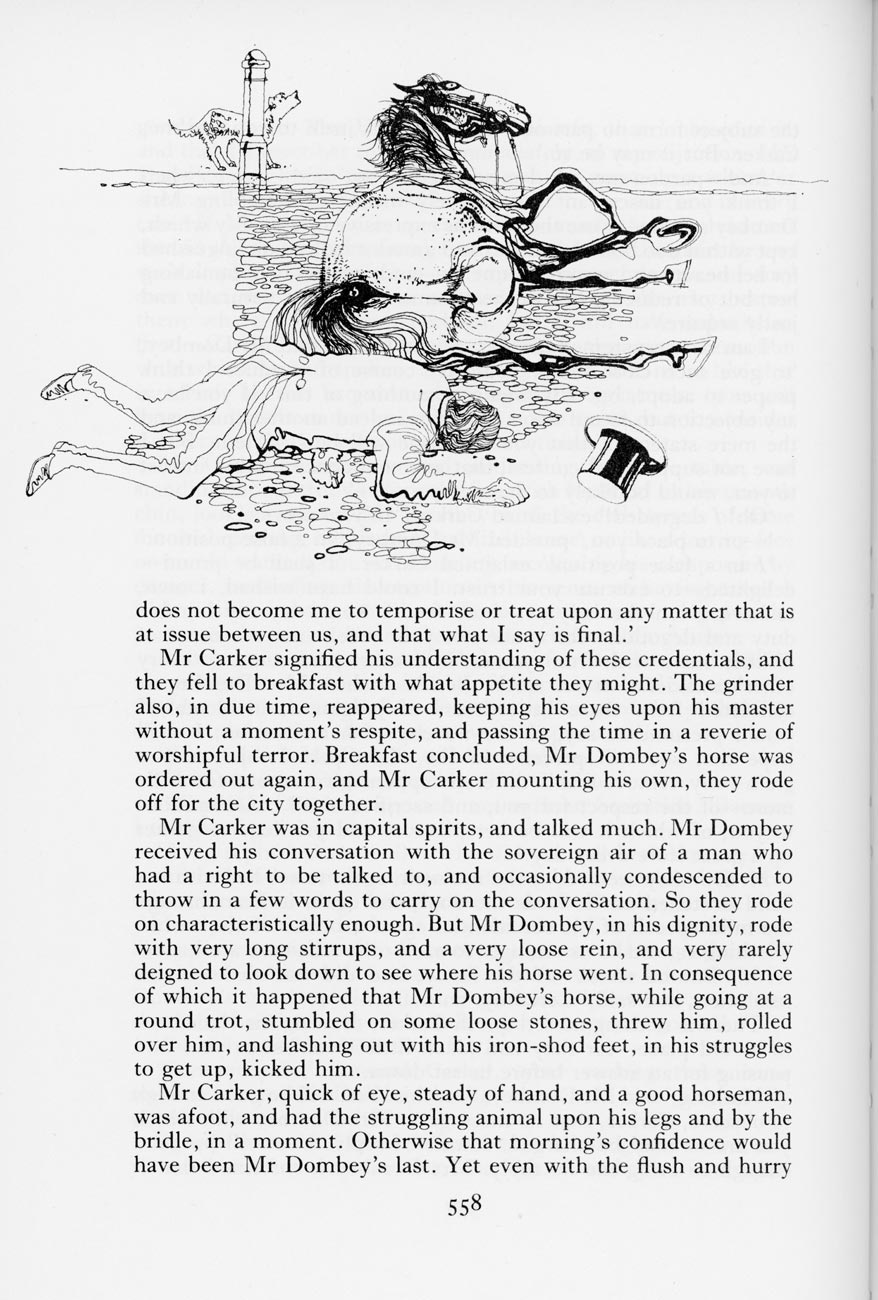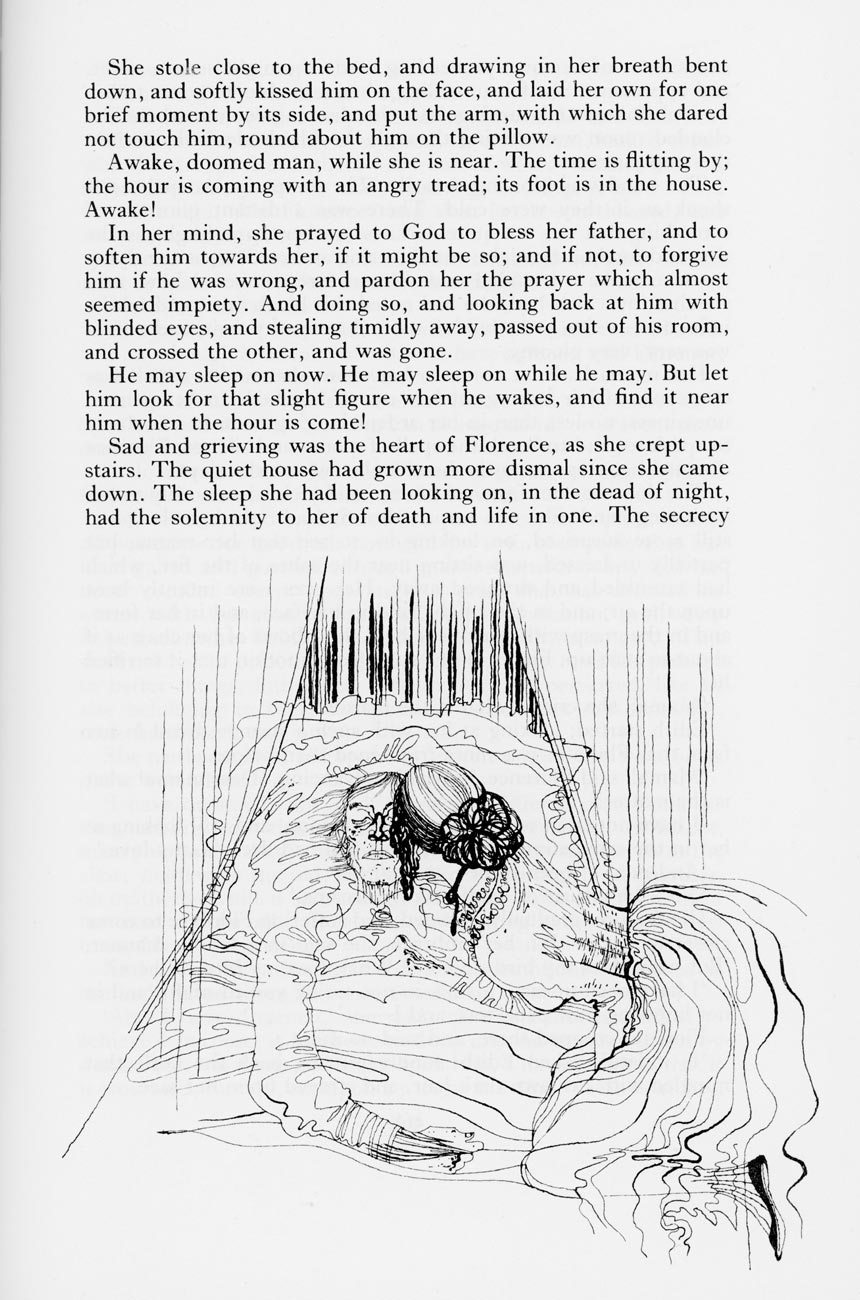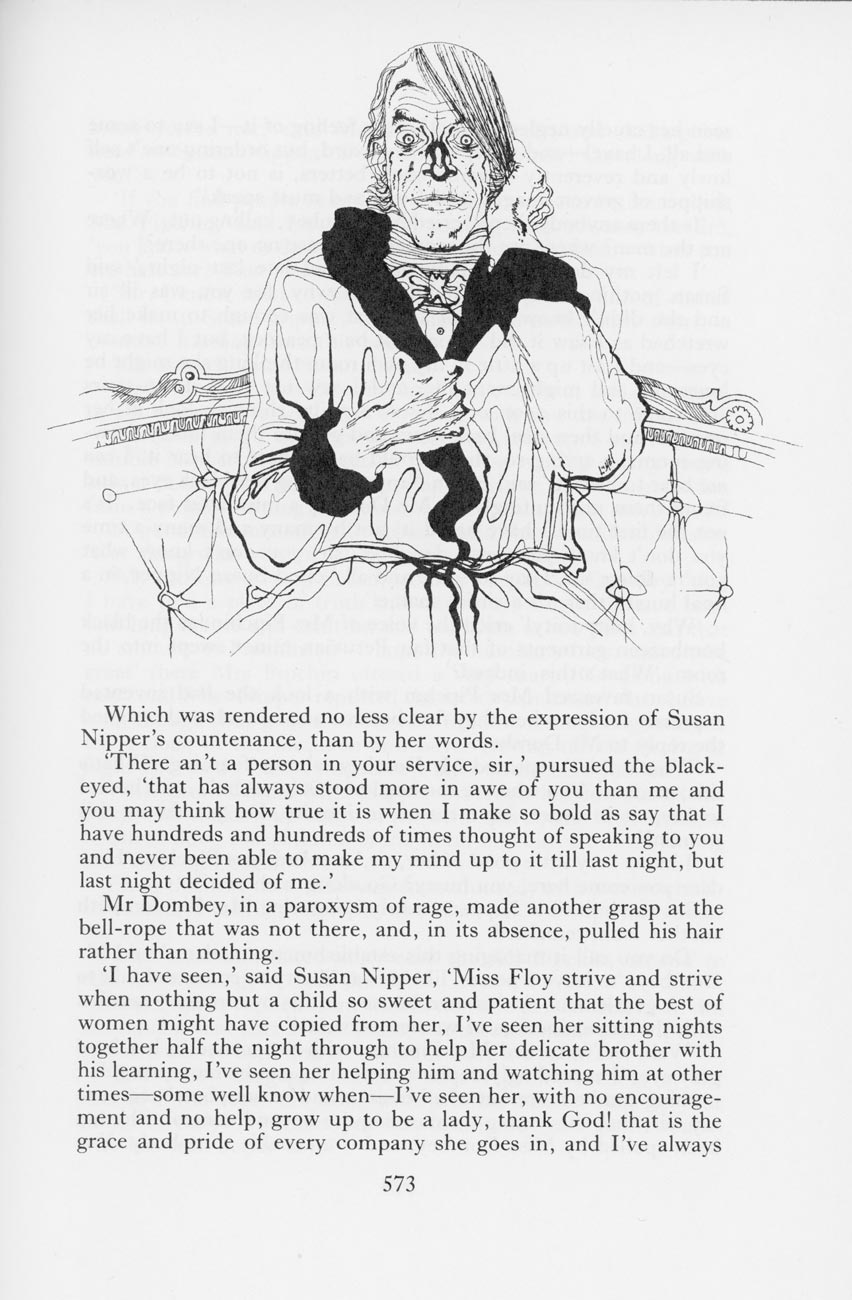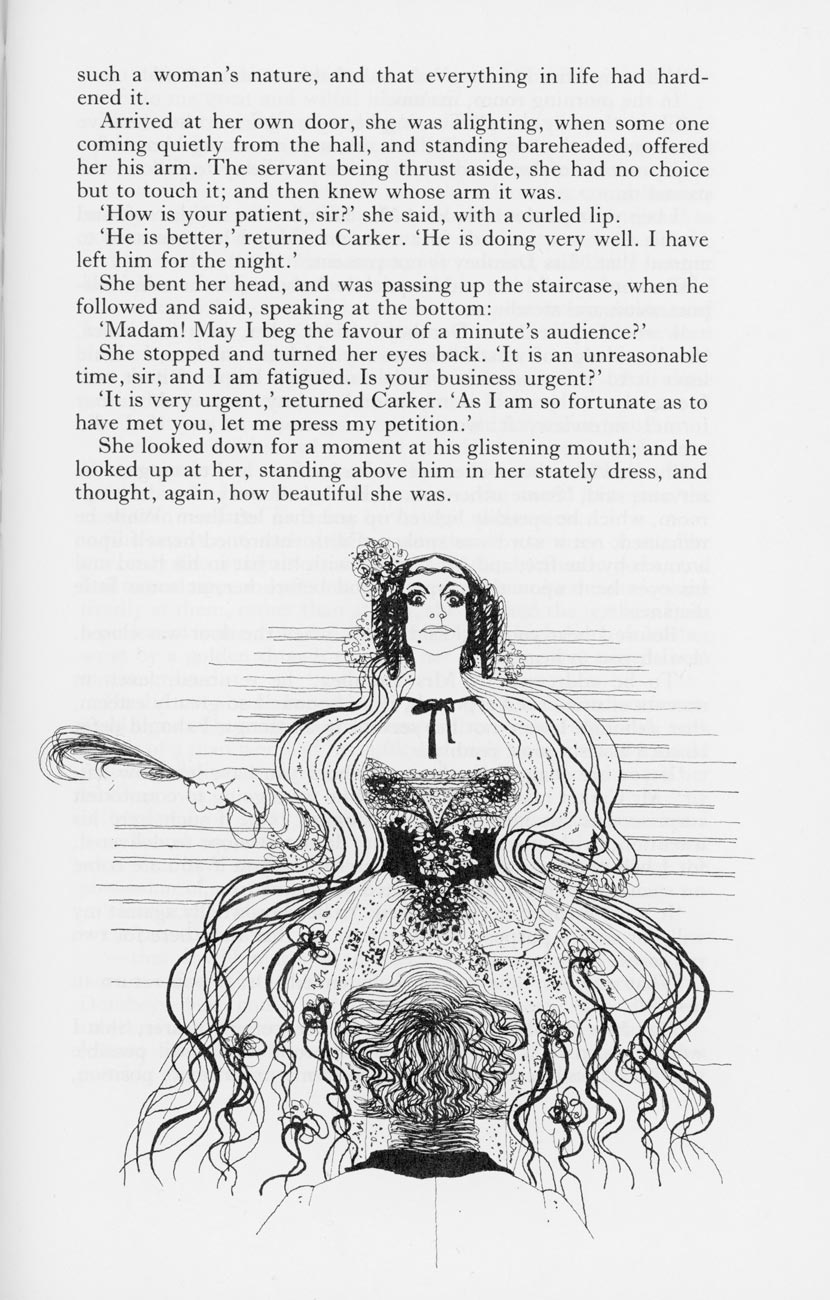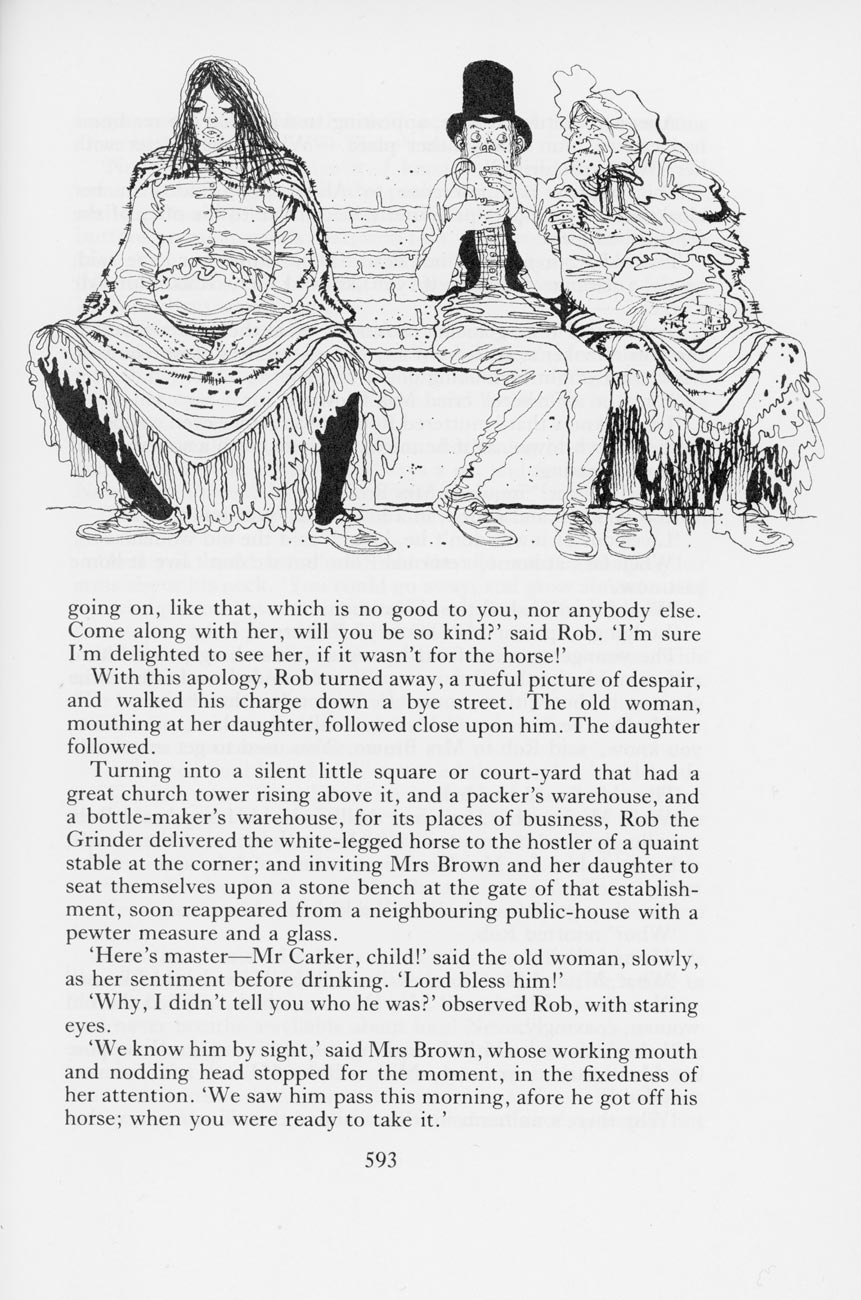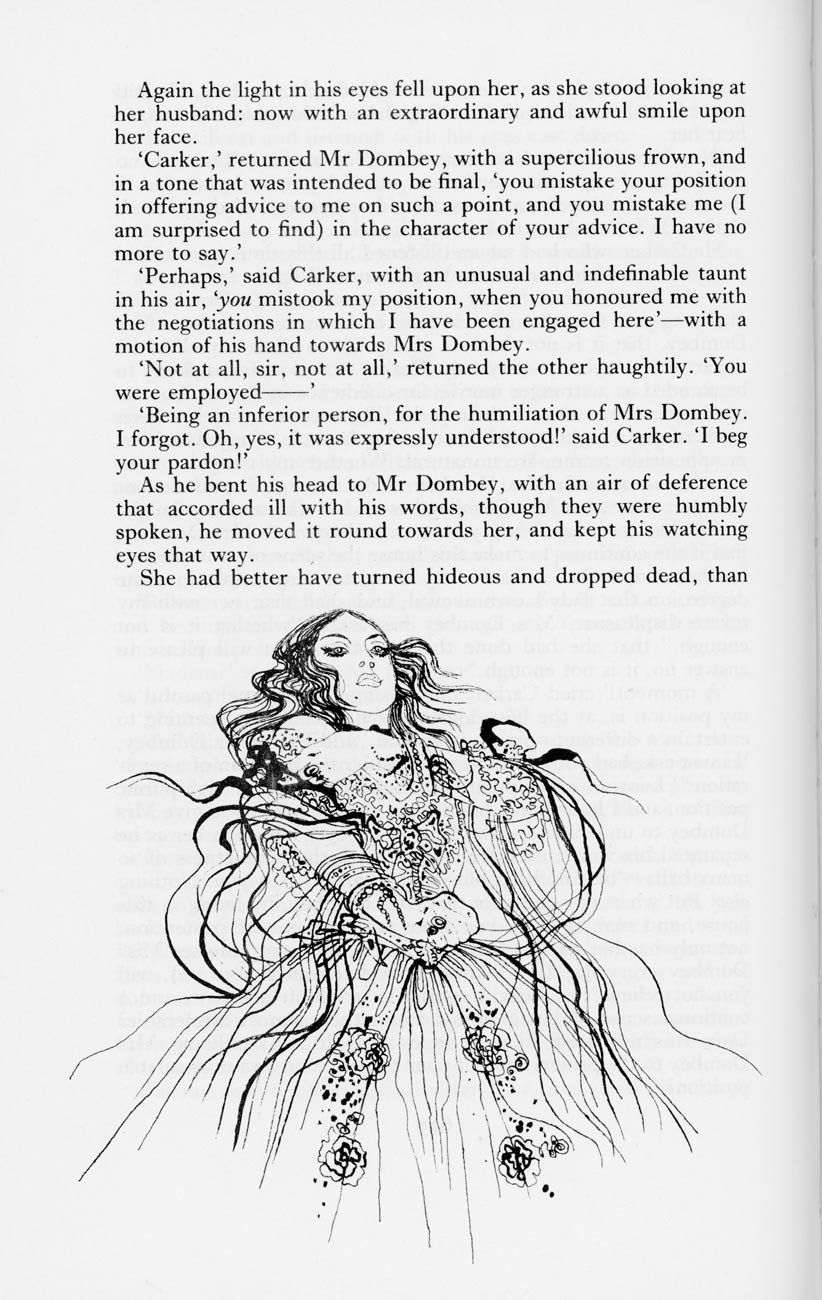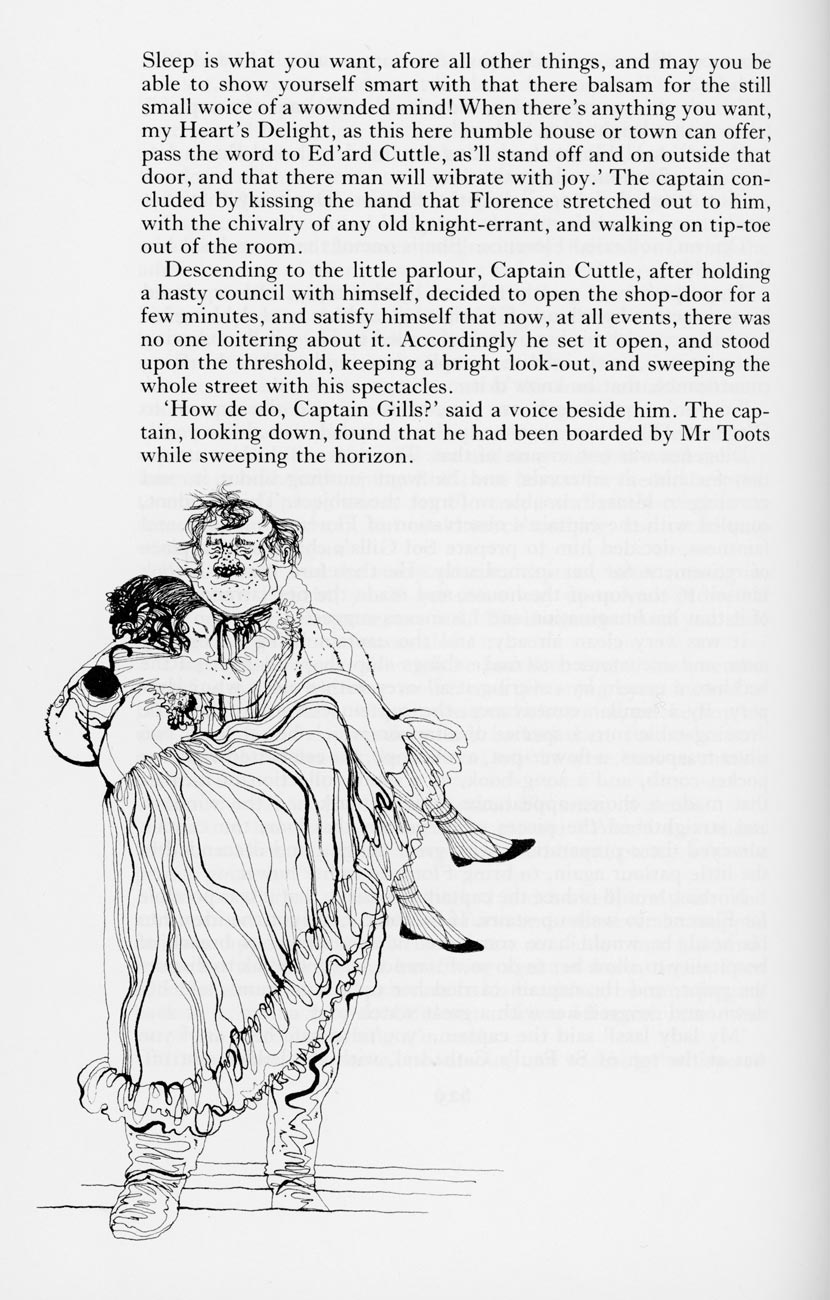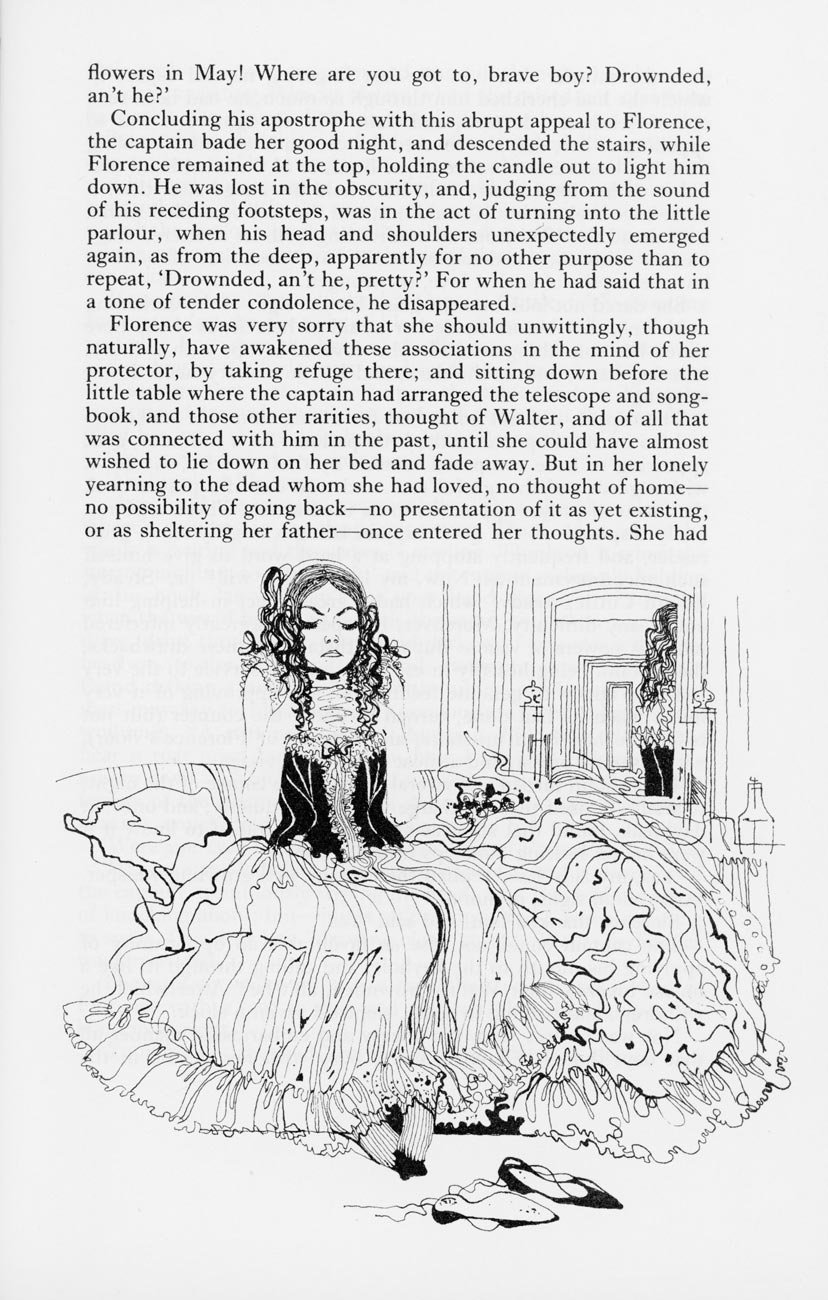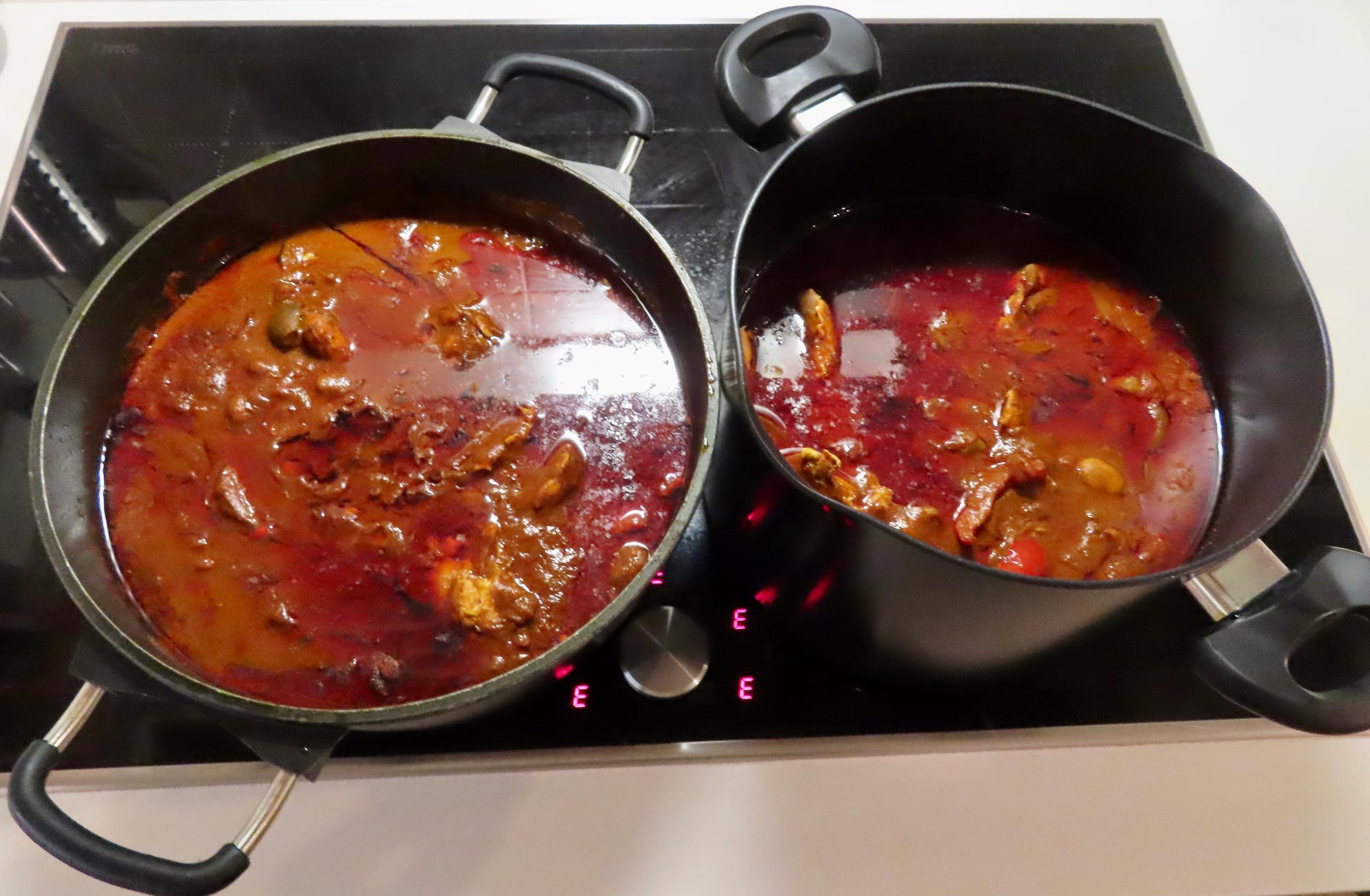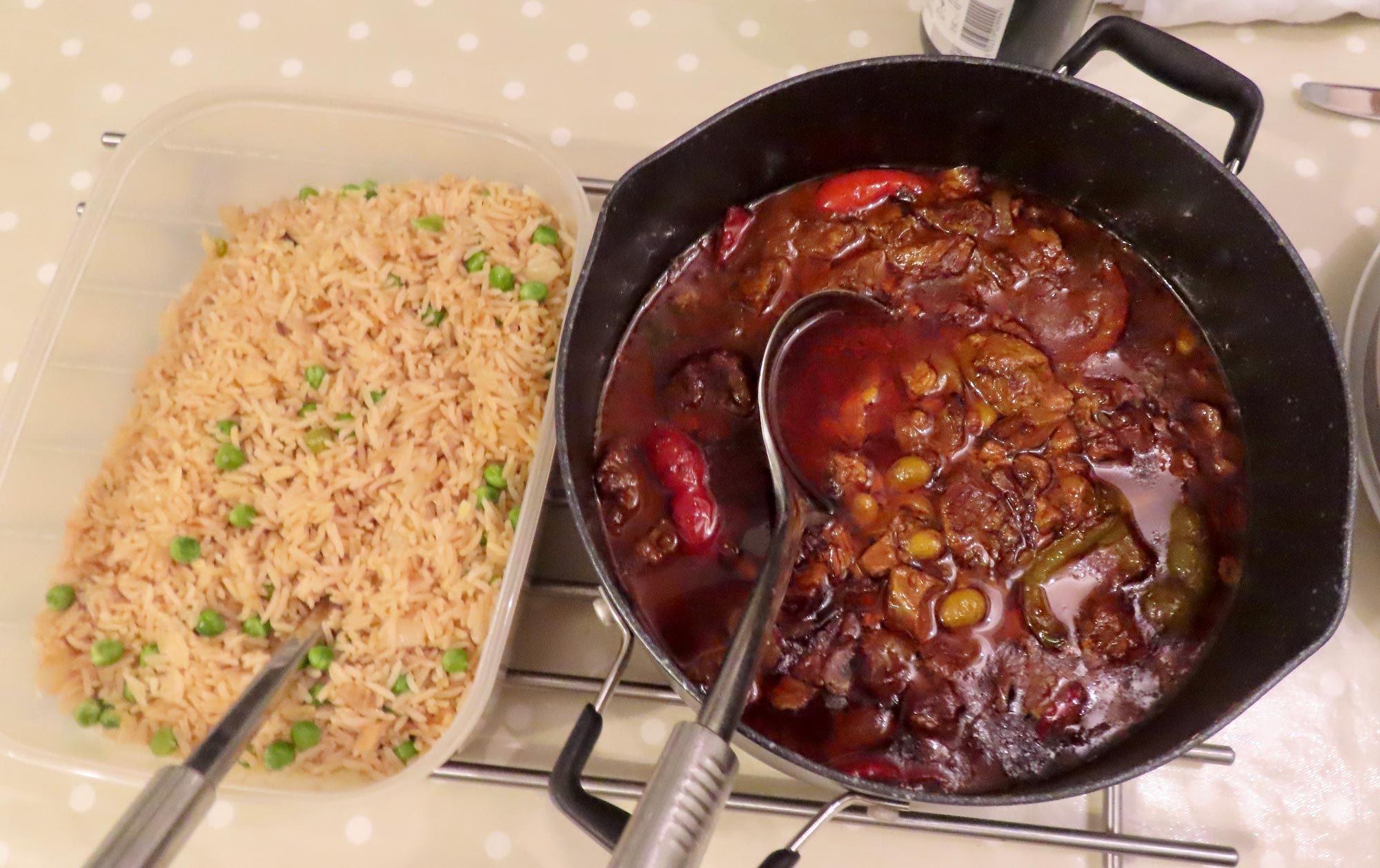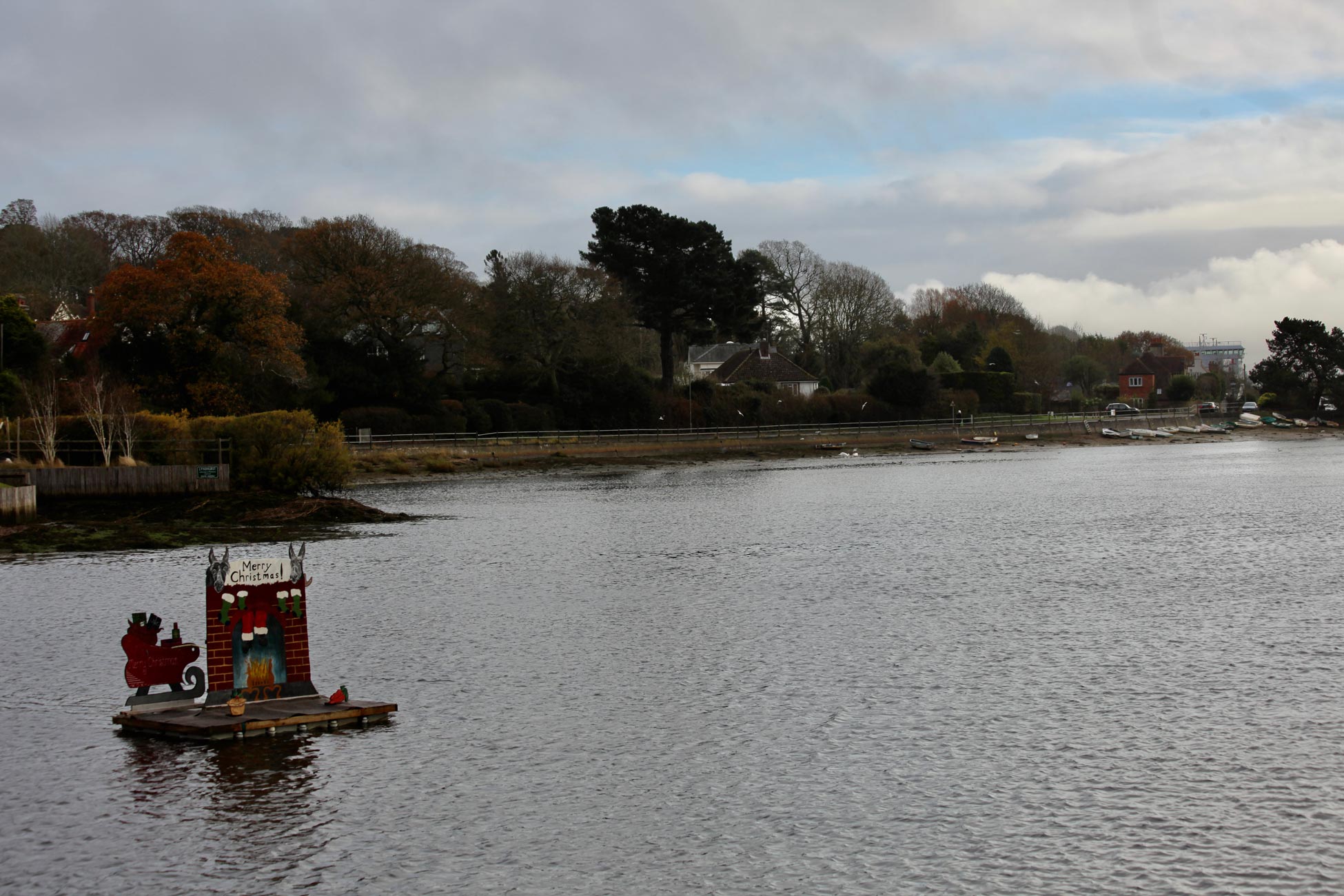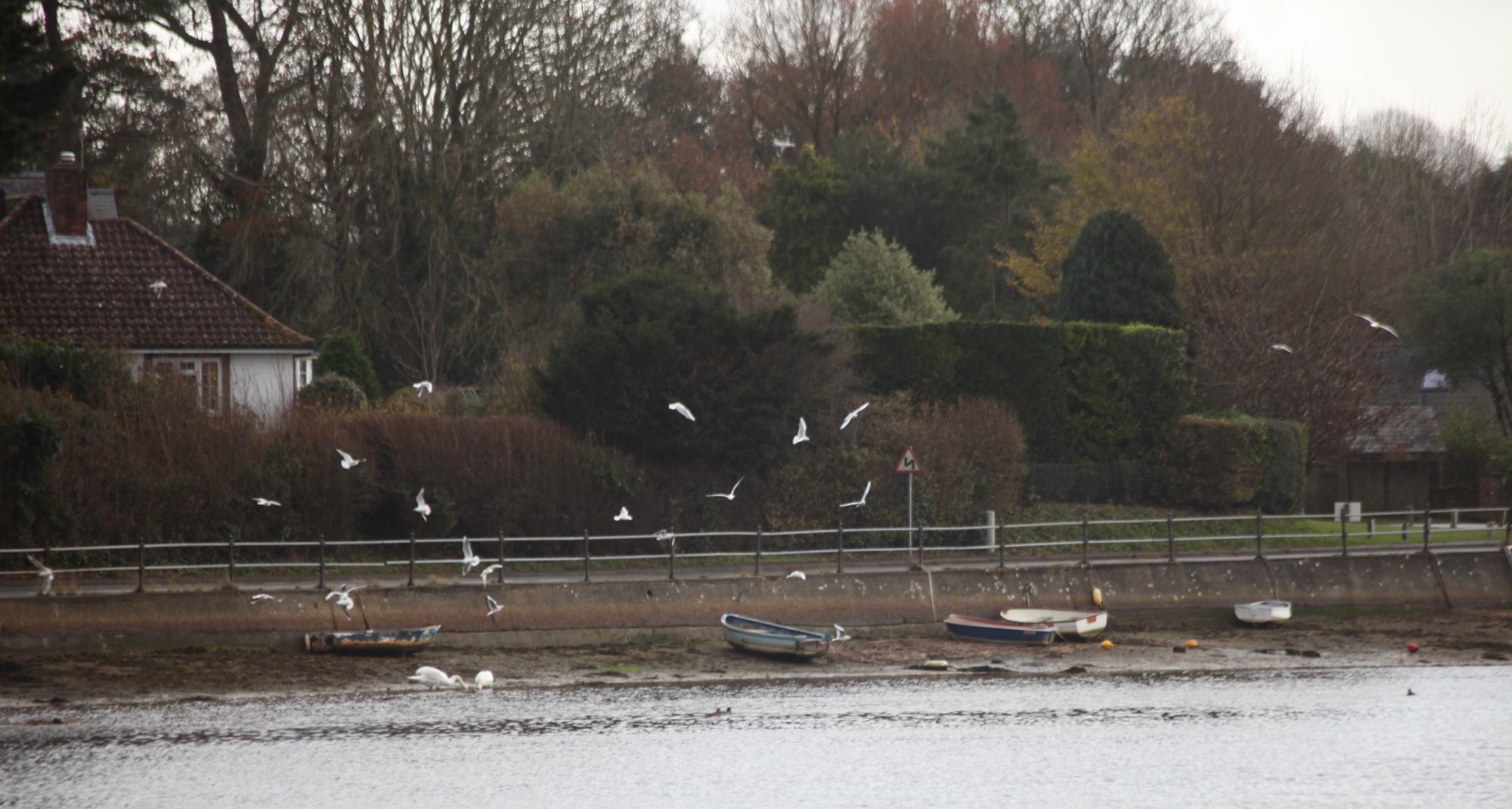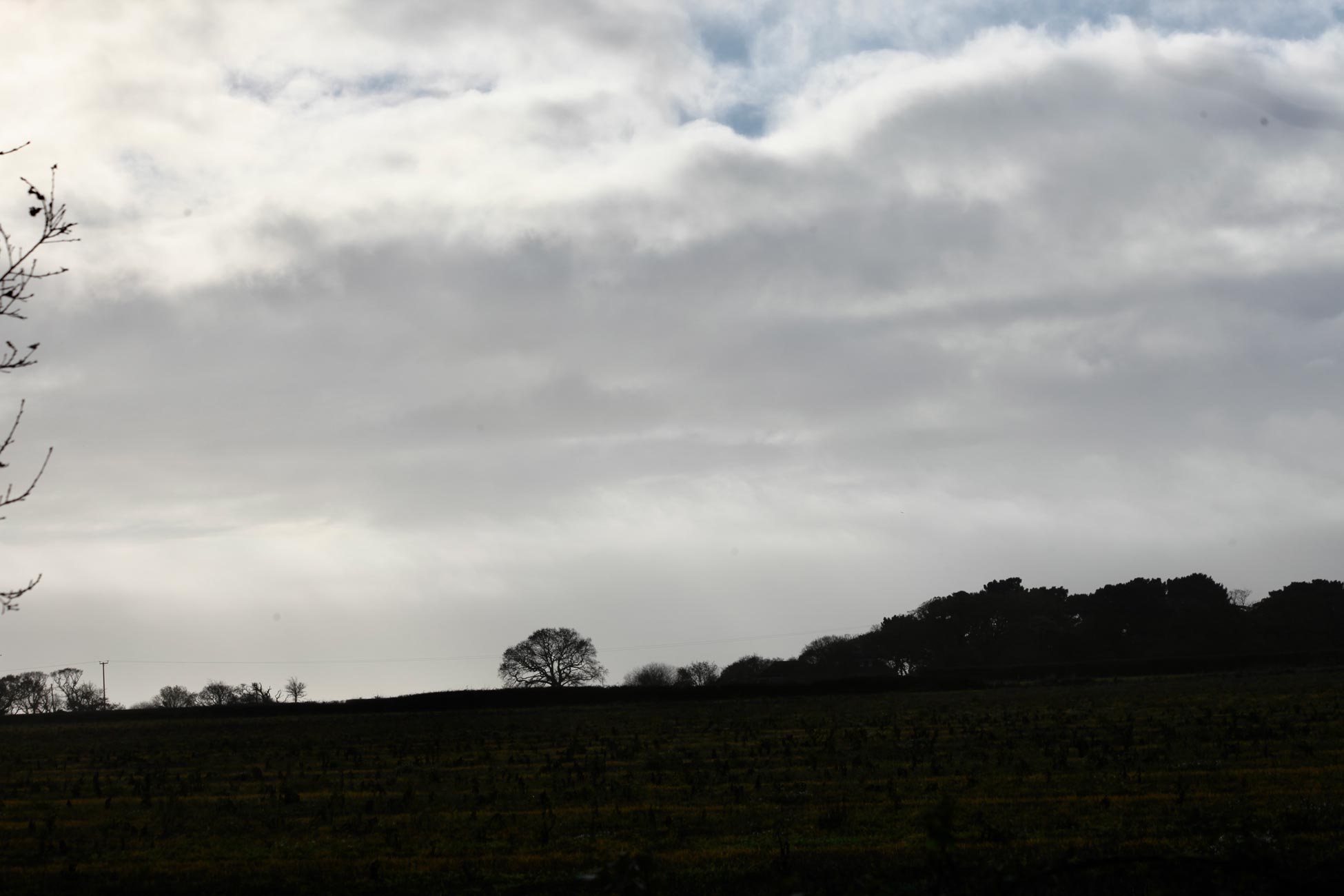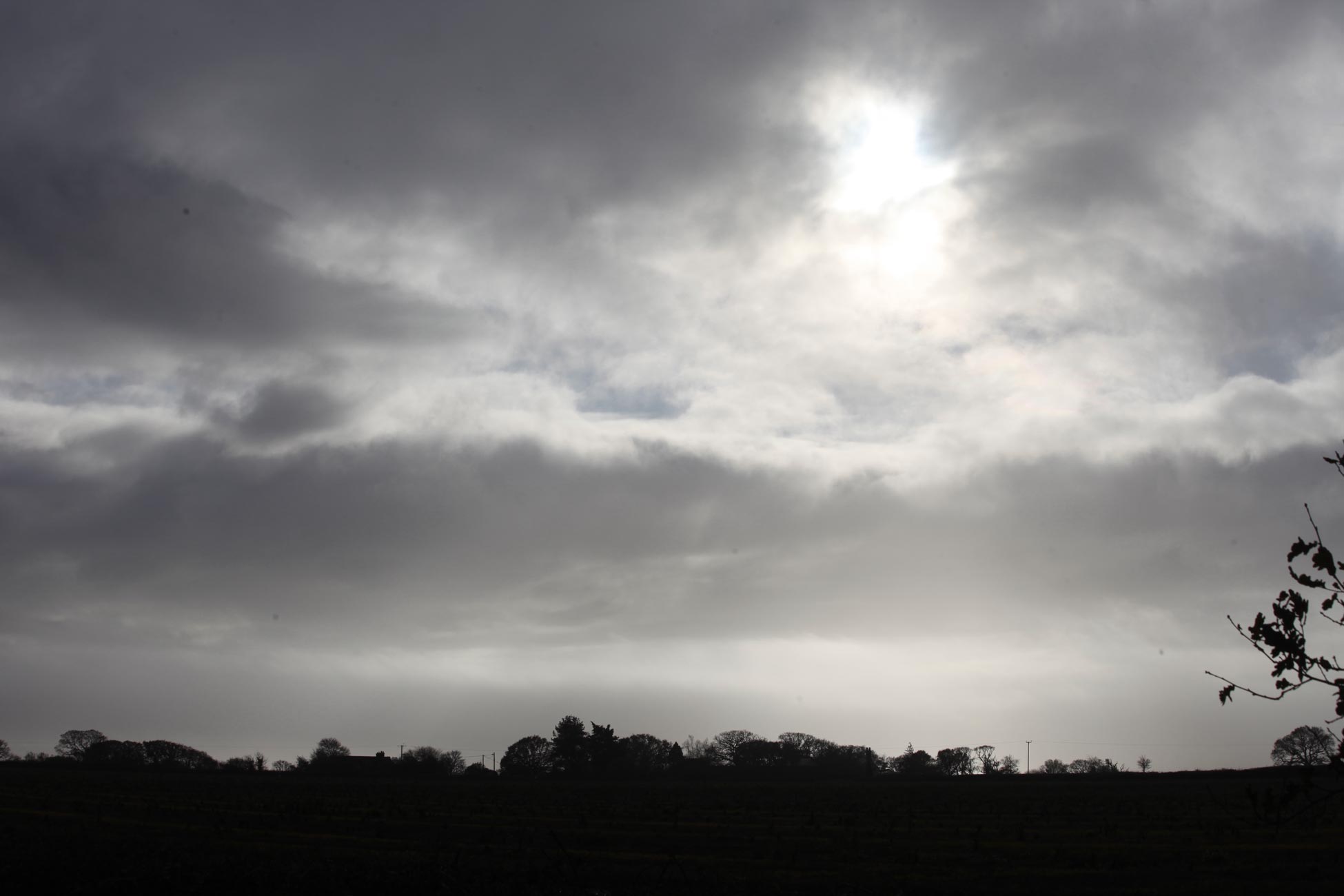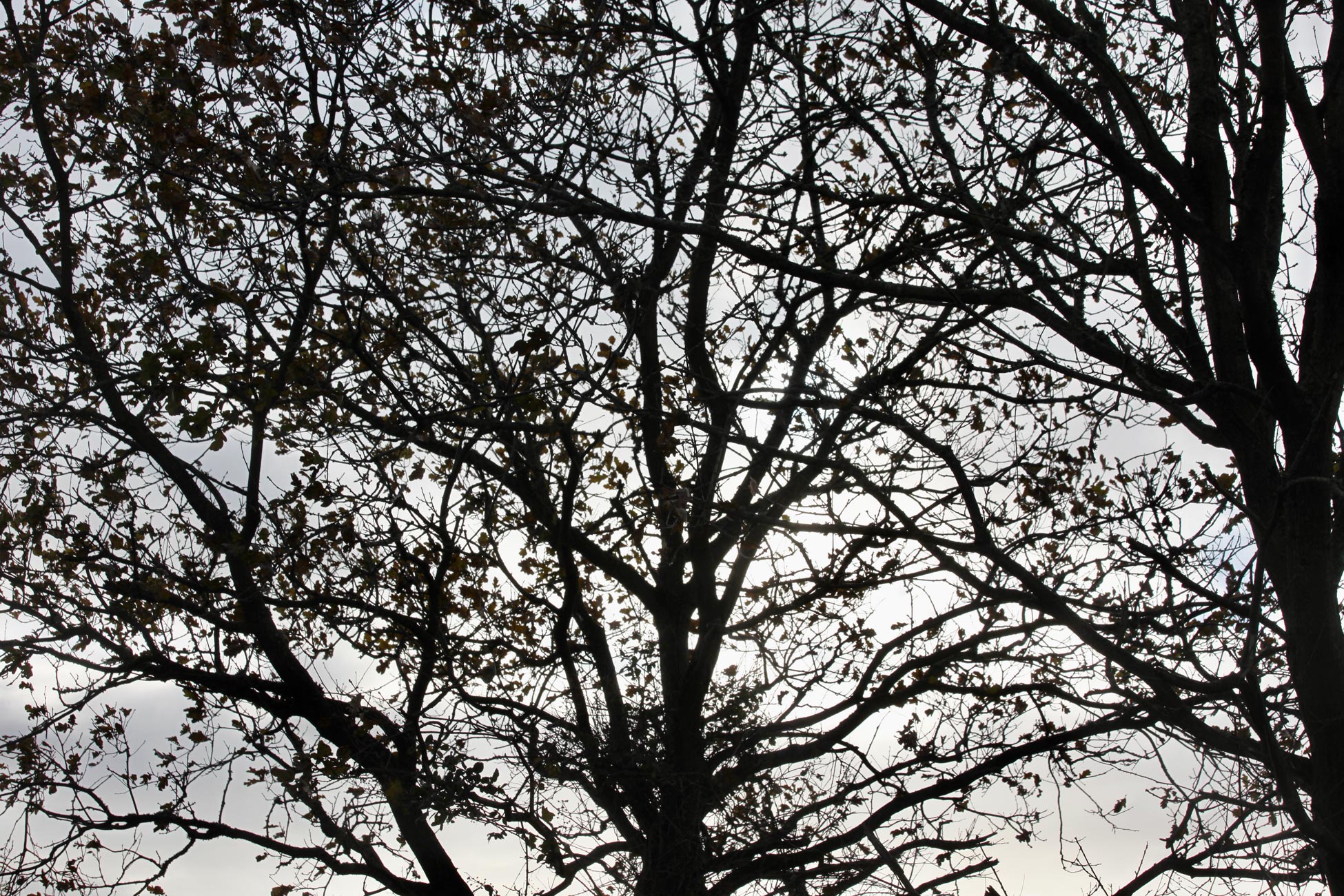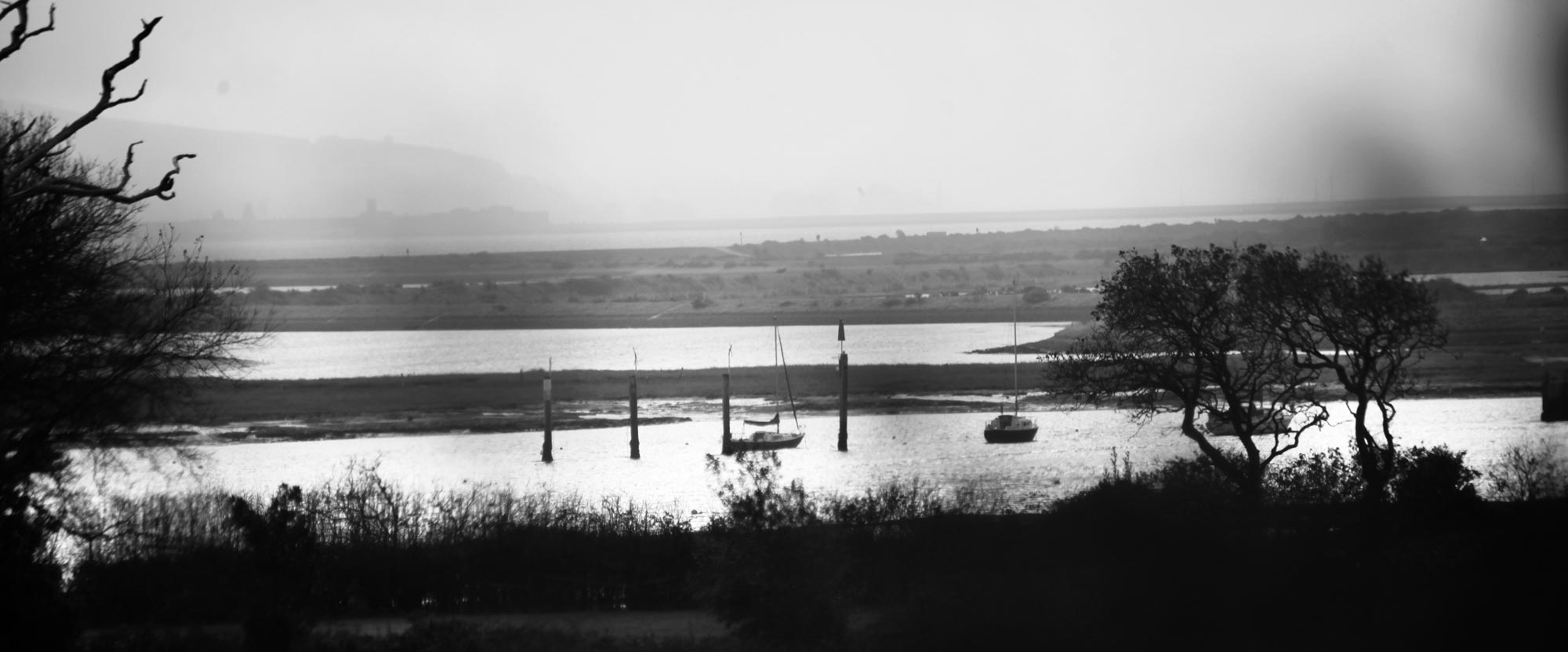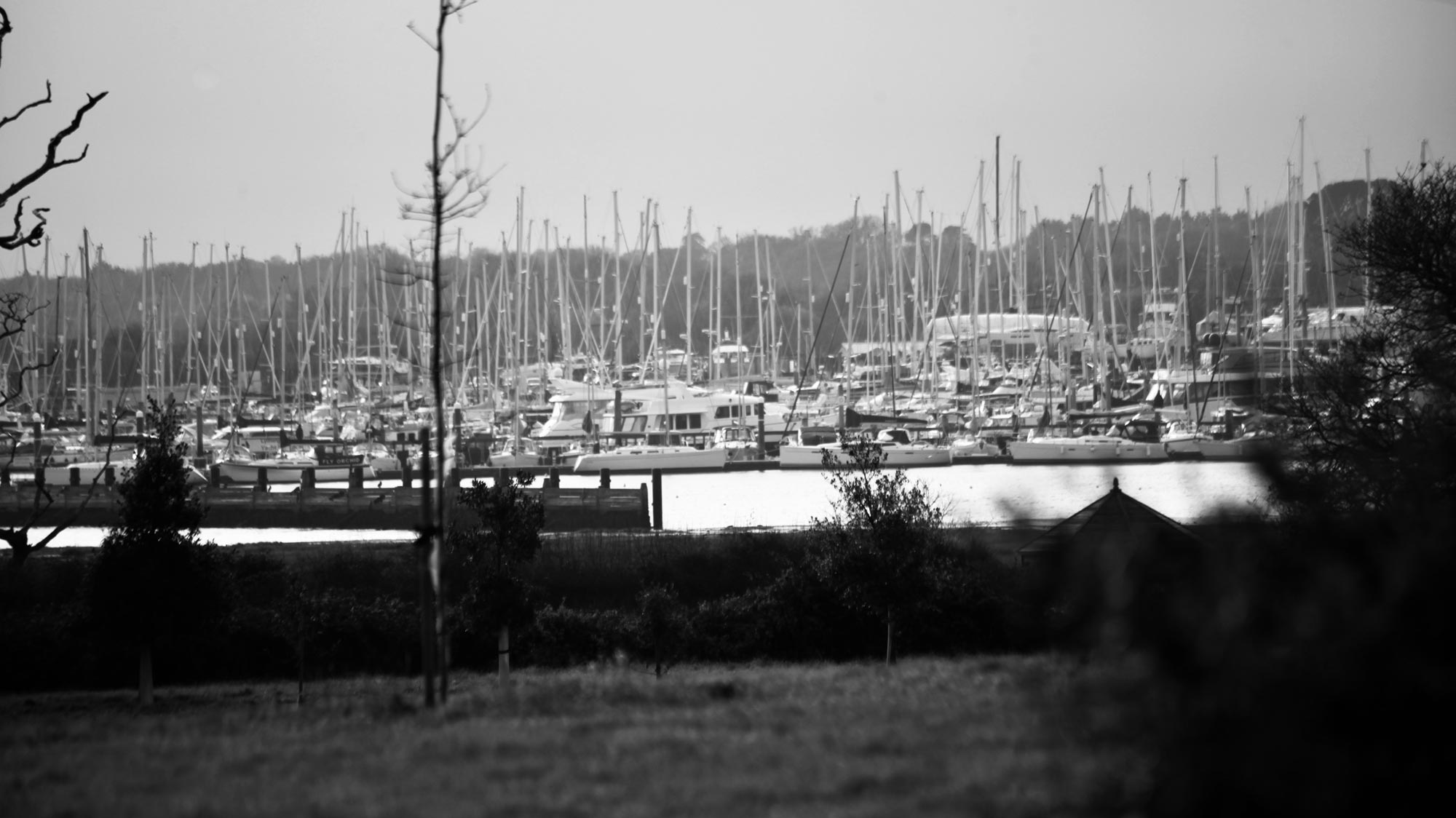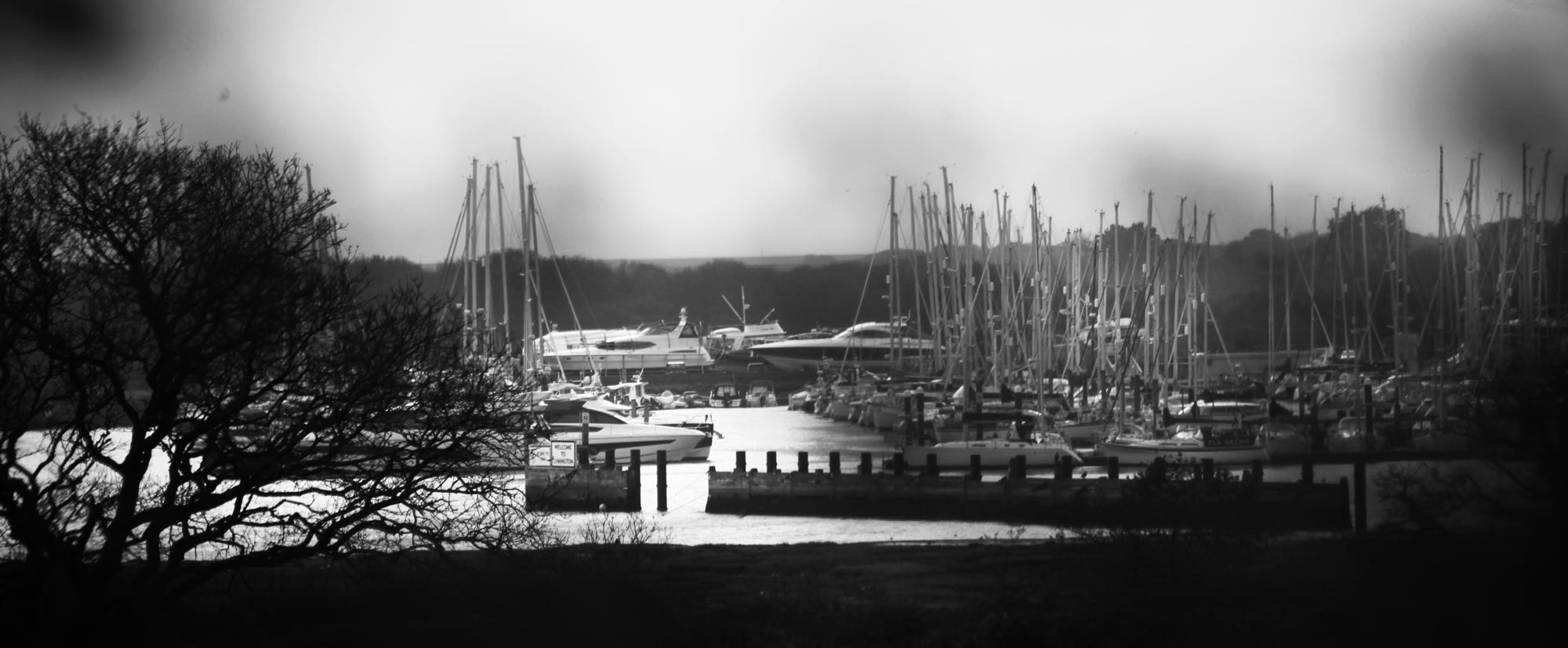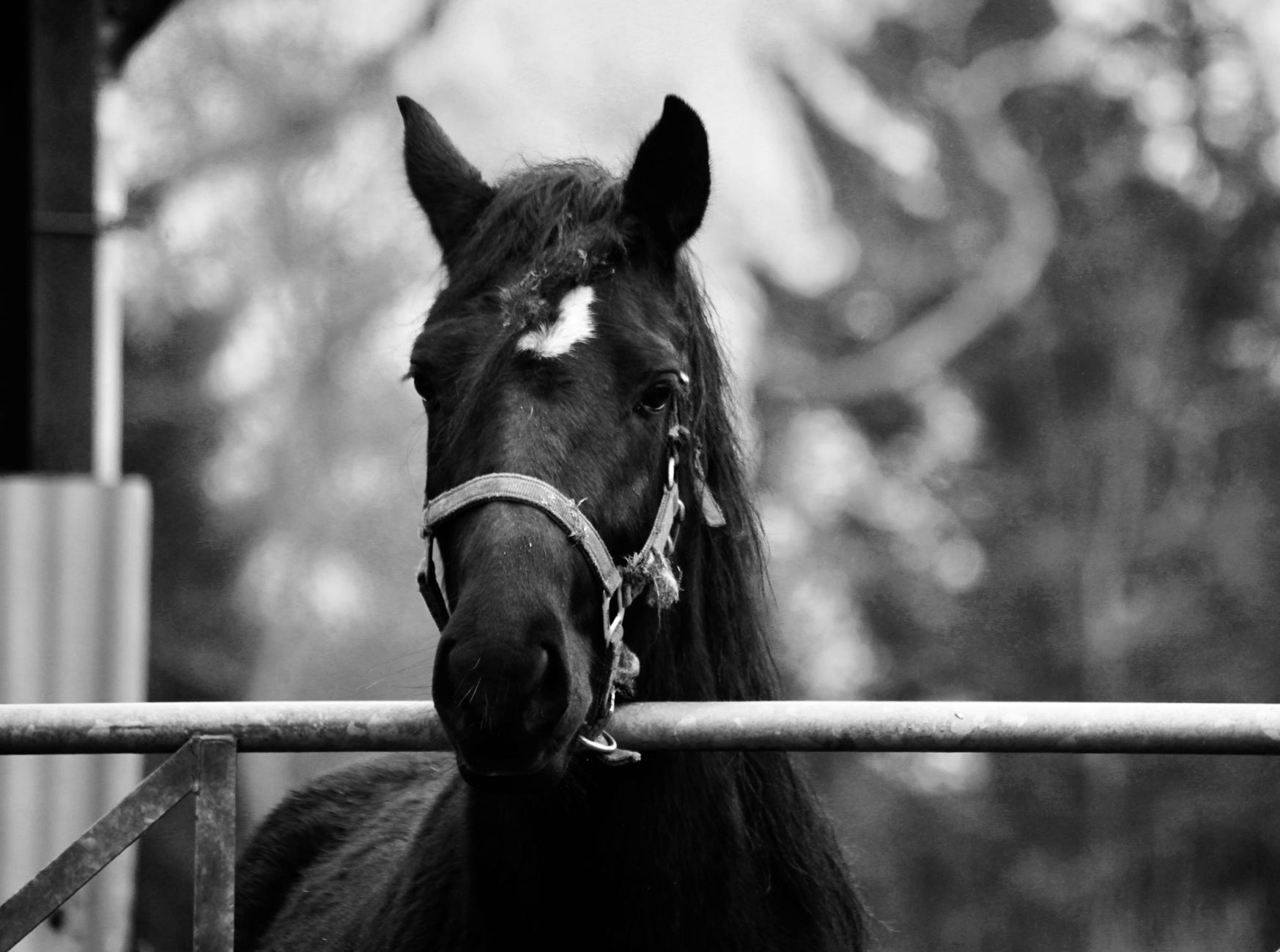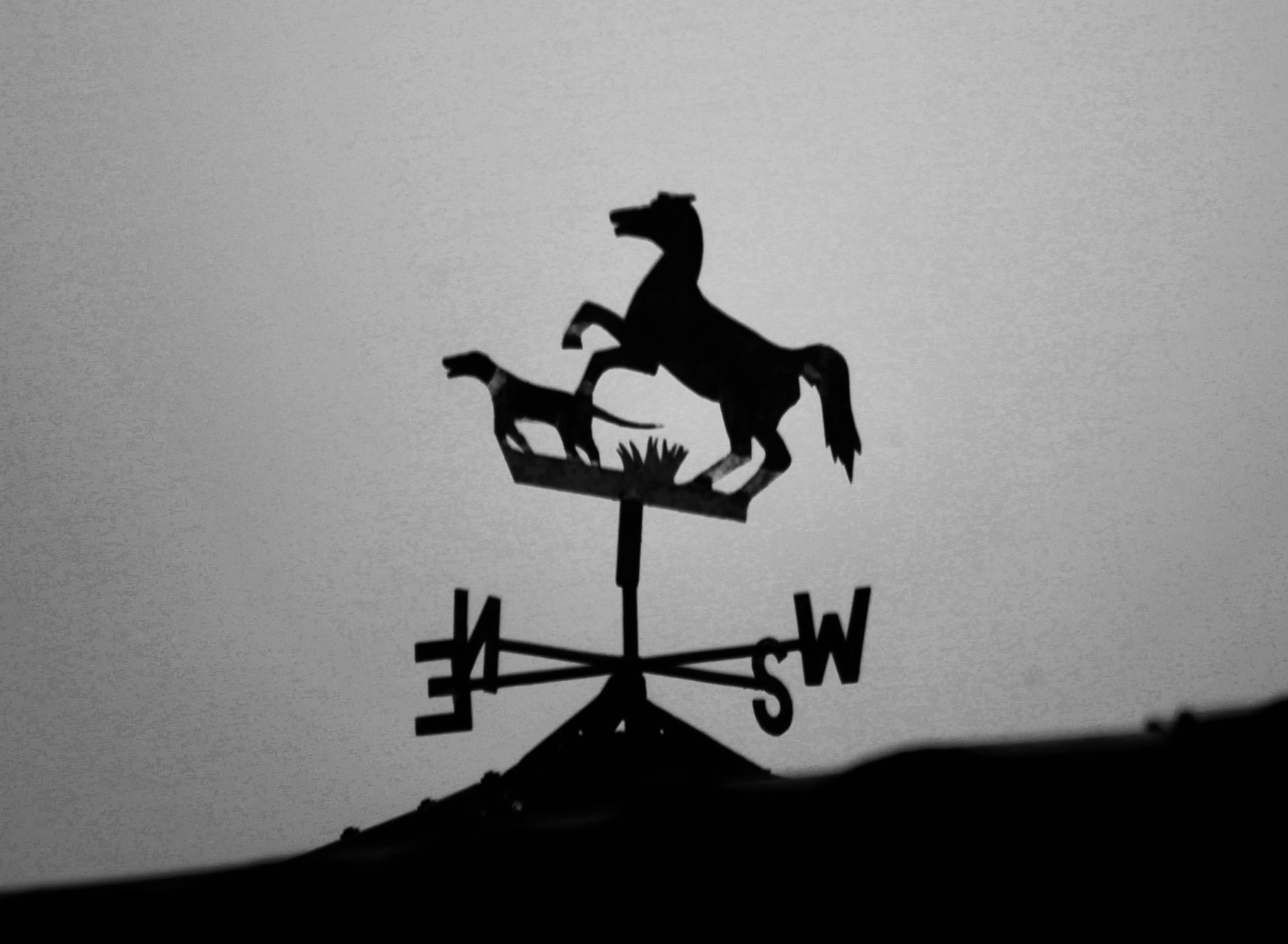Dolly’s comment on https://derrickjknight.com/2021/12/11/a-knights-tale-77-as-long-as-i-can-have-that-one/ has prompted me to offer something about my experience of groups.
First I must say that I believe that where we come in our families is a fundamental cause of how we behave in such similar bodies; thus, as the eldest of five siblings it has been natural for me to adopt the leadership roles with which life has presented me.
The idea of experiential groups is that the facilitator does not take a leadership role, but listens and observes, in order to give members the opportunity, by participating, to understand what is happening. Whilst I was training I learned my natural position from my relationship with the then facilitator. We of course expected her to take a lead. She didn’t. I challenged her to respond. She remained silent. I don’t remember clearly what followed, but I took on the job of urging the other members to work out how we were going to function. Not only was I leading, but I was satisfying the group’s need for leadership.
Another principle of group work is known as pairing. This is when two members thrash something out while the others watch to see what happens. I think that is what Wolf and I were doing when, in a seminar, we got into a twenty minute argument about whether we were to be the newly conceived Social Workers or the Child Care Officers we had been before the course began.
My readers are already aware of some of the professional management and chairing roles I have undertaken. More will follow in due course.
I have twice undertaken jury service, each time in a different part of London and some years apart. On the first occasion, when younger, and not having learned what I have spoken about above, I was an active participating member, who had some sway on others, but I had no official leadership role.
The way the service works is that we are expected to elect the foreman immediately, without discussion. If, as this time, the cases are all short term, the membership of each changing group will include some who have served on earlier cases, with some who haven’t yet played a part. On the second occasion I was elected five times out of six.
I formed the opinion that the outcome of a case was more about group dynamics than about justice. For example when the pairing mentioned above occurred I was able to intervene by challenging each debater to explain why he or she took such a stance. One gentleman who patently was not prepared to find anyone guilty, told us that his son was due to face a charge the following week.
One of our cases involved a young man who had been arrested on a pretext by a group of police who had been drinking out of hours. He was then charged with stealing something from one officer’s car. It was so patently obvious that the police were lying that a concerned inspector appeared in the visitor’s gallery in the afternoon. We walked into the jury room to debate our decision. There was a bell for us to communicate this. Without giving anyone time to sit down I simply asked if we were all agreed. With no discussion, everyone said “yes”. I pressed the bell. We returned to the courtroom and I delivered a not guilty verdict.
This made me feel guilty about a previous verdict in a case where the key witness was one of those in this one and we had, perhaps naively, believed him and delivered a verdict of guilt.


